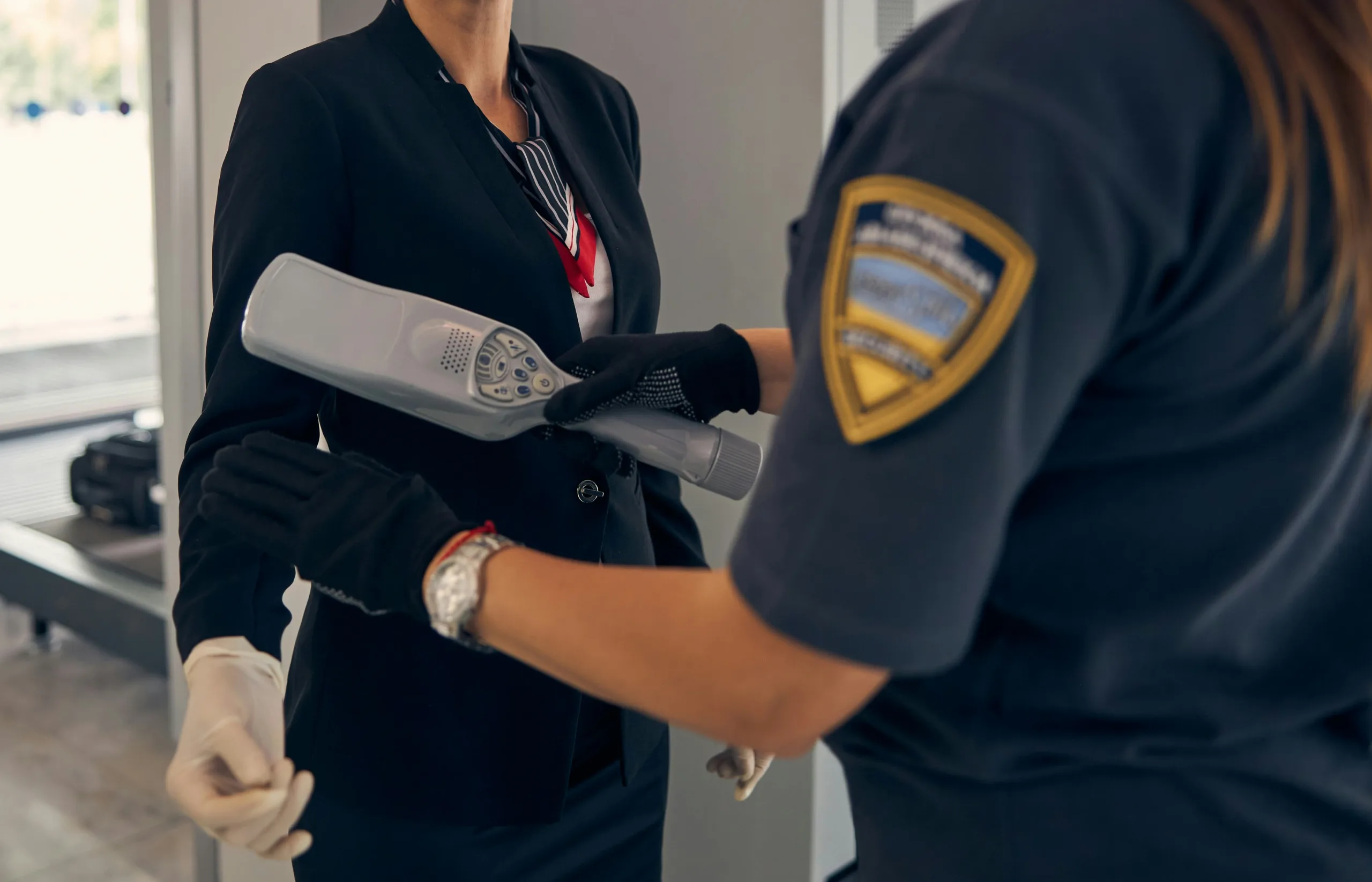
More in Courts
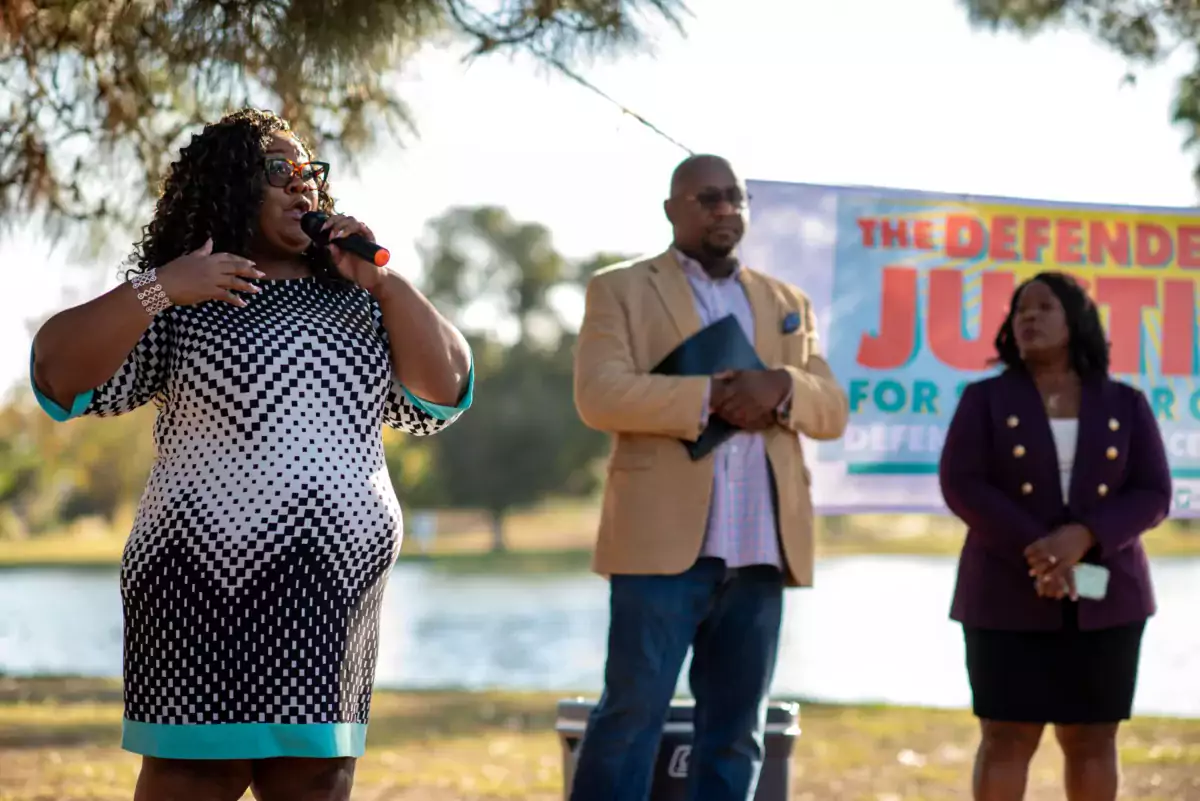
Public Defenders Running for Judge Want to Reduce Mass Incarceration in Los Angeles
Five public defenders are running for seats on the Los Angeles Superior Court. Tomorrow, voters will decide whether to elect candidates who support alternatives to incarceration—or maintain the status quo.
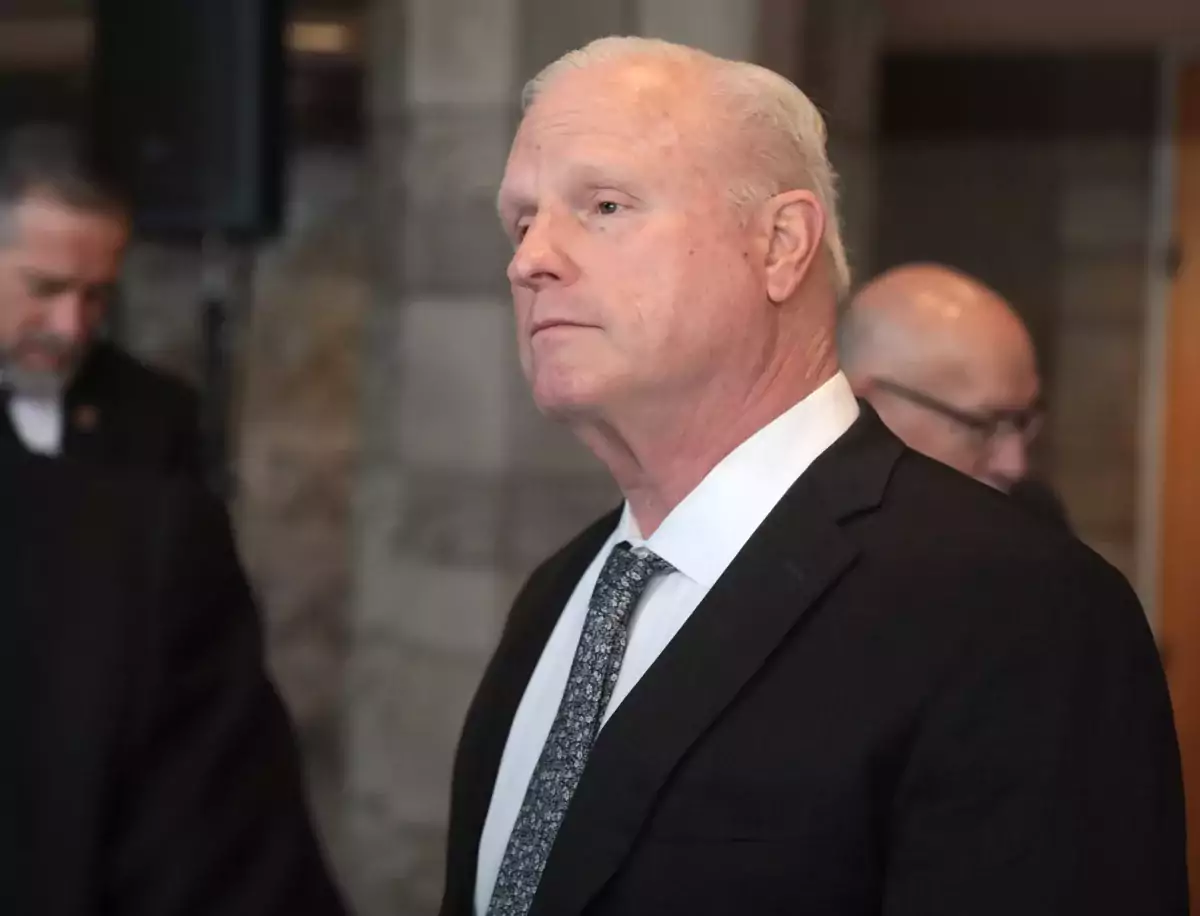
Arizona Supreme Court Weighs Near-Total Abortion Ban
A representative for Arizona’s “unborn infants” says the state should enforce a Civil War-era ban on almost all abortions. Planned Parenthood says a newer, 15-week abortion ban should be the law instead. The Republican-stacked Arizona Supreme Court will decide.
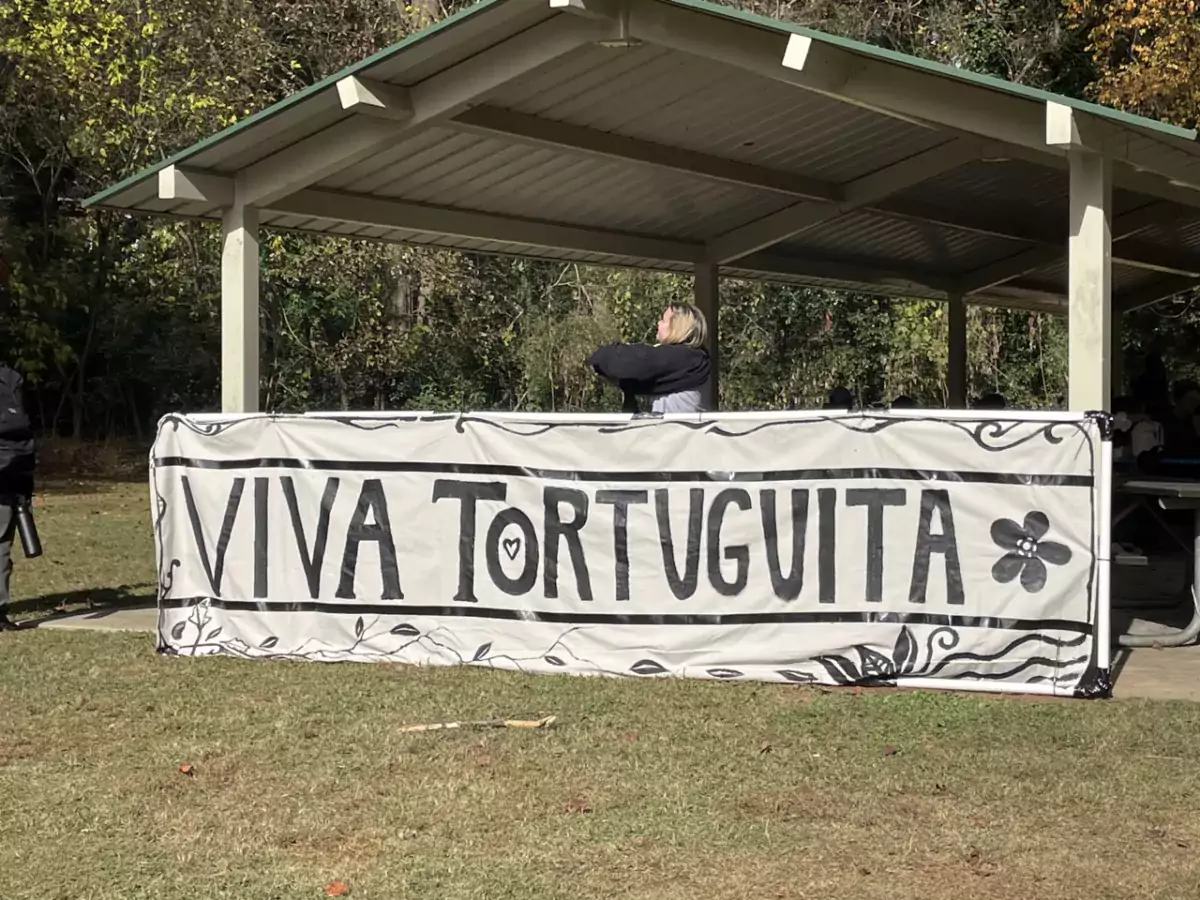
Prosecutors Smearing Dead ‘Cop City’ Activist by Publicizing Their Diary, Organizers Say
Georgia police killed Manuel “Tortuguita” Terán on Jan. 18 as Terán was protesting against Cop City, the massive police training facility under construction in Weelaunee Forest in Atlanta. But, now that prosecutors have mass-charged activists in an unprecedented use of racketeering statutes, those close to the case say the state has sunk to new lows by entering Terán’s personal diary into public evidence against defendants.
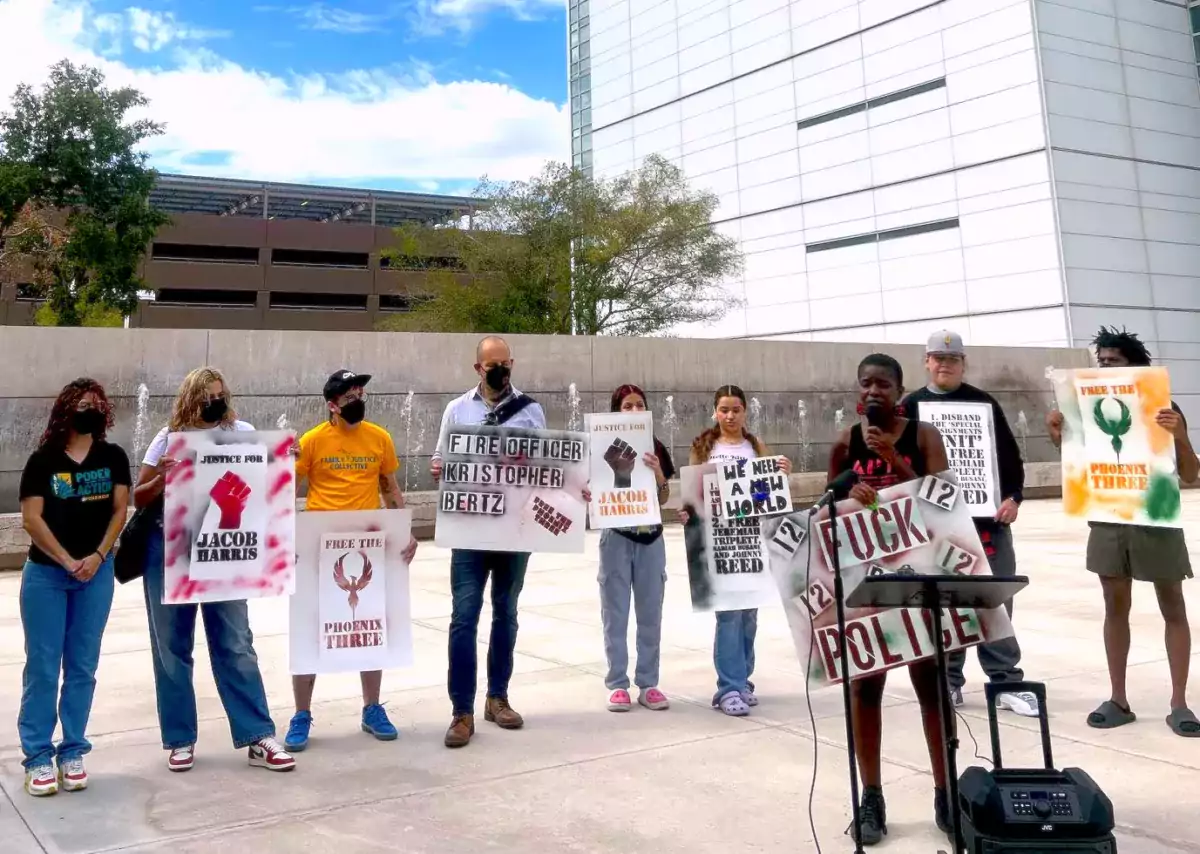
As Protests Grow, Judges Mull Reopening Phoenix Police Shooting Lawsuit
Phoenix Police Department Officer Kristopher Bertz shot and killed 19-year-old Jacob Harris in 2019. Now, community members are rallying as Harris’s father Roland appeals a wrongful death lawsuit.
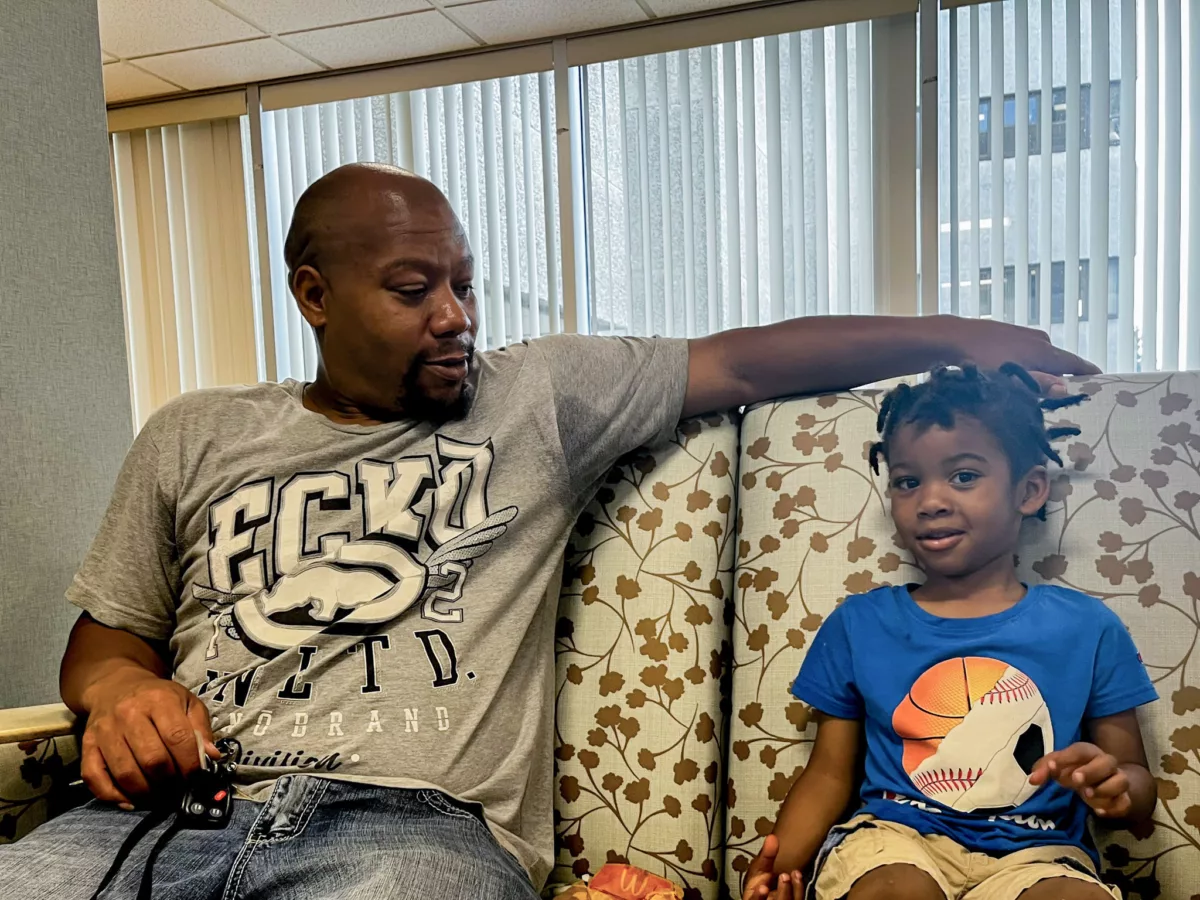
Milwaukee Judges Tried to Shut Down the City’s Court Diversion Program. No One’s Saying Why.
Municipal Court officials refuse to comment on efforts to cancel JusticePoint’s contract without lining up an alternative provider. A legal ruling allows the services to continue—for now.
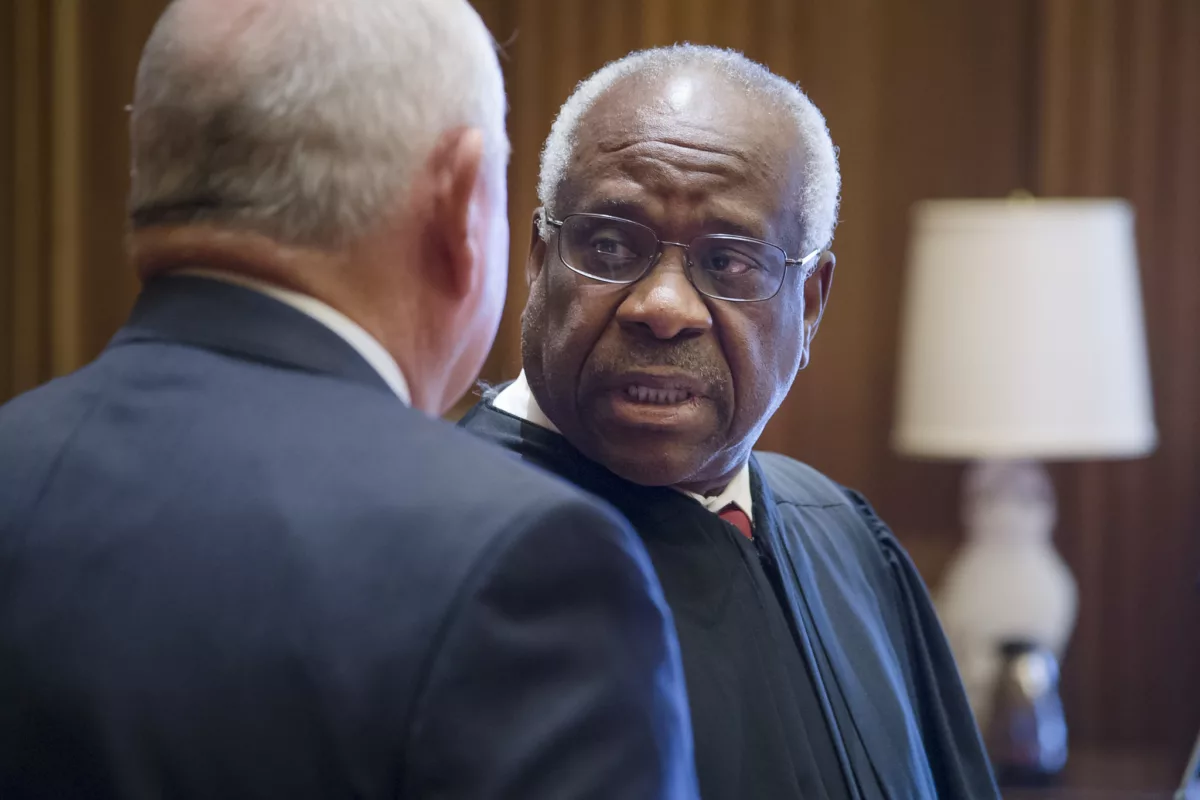
SCOTUS Conviction Ruling Already Harming Innocent People, Lawyers Say
In June, the U.S. Supreme Court ruled that, in some instances, incarcerated people can be barred from filing multiple claims of innocence, even if they did not commit the crime for which they’re in prison. Federal defense attorneys told The Appeal the ruling is already causing harm.
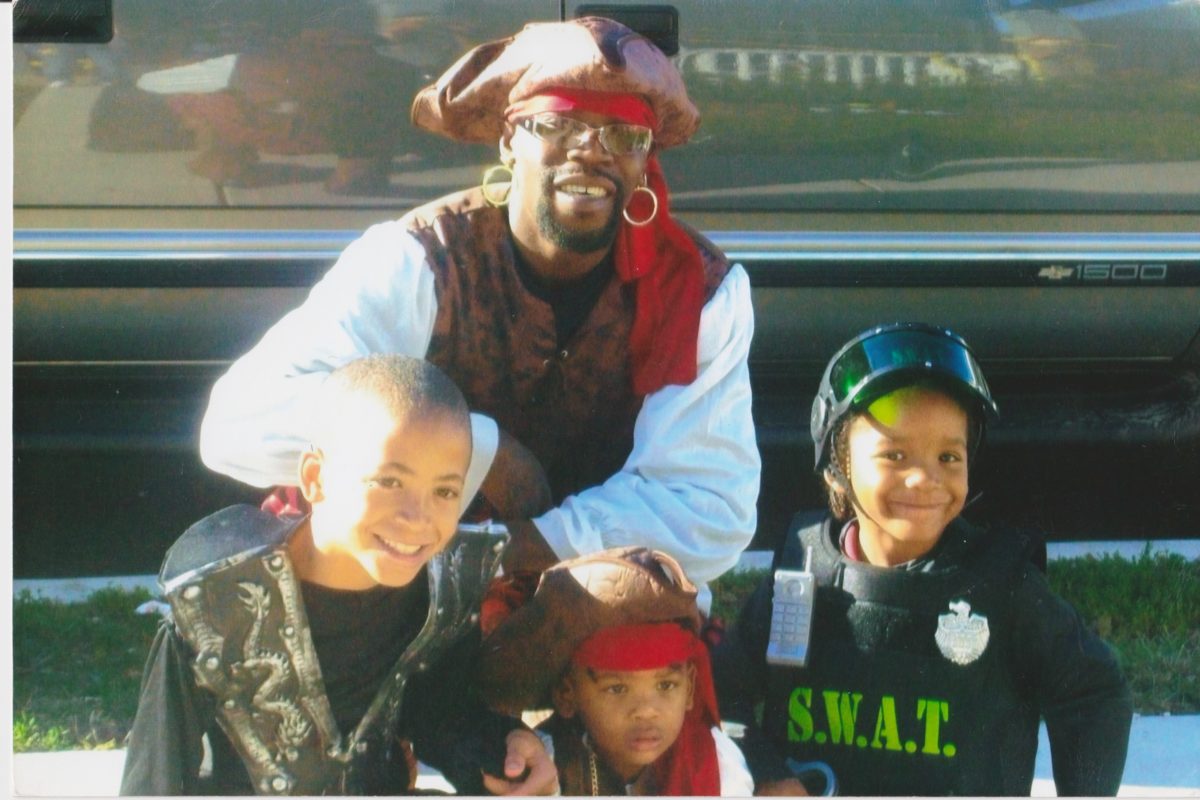
Georgia’s Unique Death Penalty Law Is Killing the Mentally Disabled
Georgia is the strictest state in America when it comes to proving intellectual disability in capital cases. This month, the Supreme Court could save the life of a man who says he is mentally disabled—or let the state kill him.
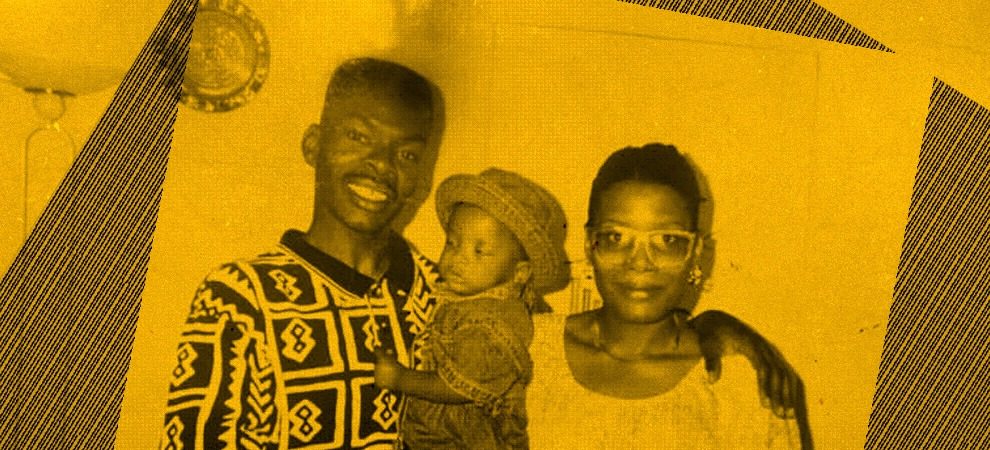
After Years Locked up for Stealing Cold Medicine, Reginald Randolph Is Released
But if he loses his appeal and New York Gov. Kathy Hochul declines to grant him clemency, he will likely be sent back to prison.
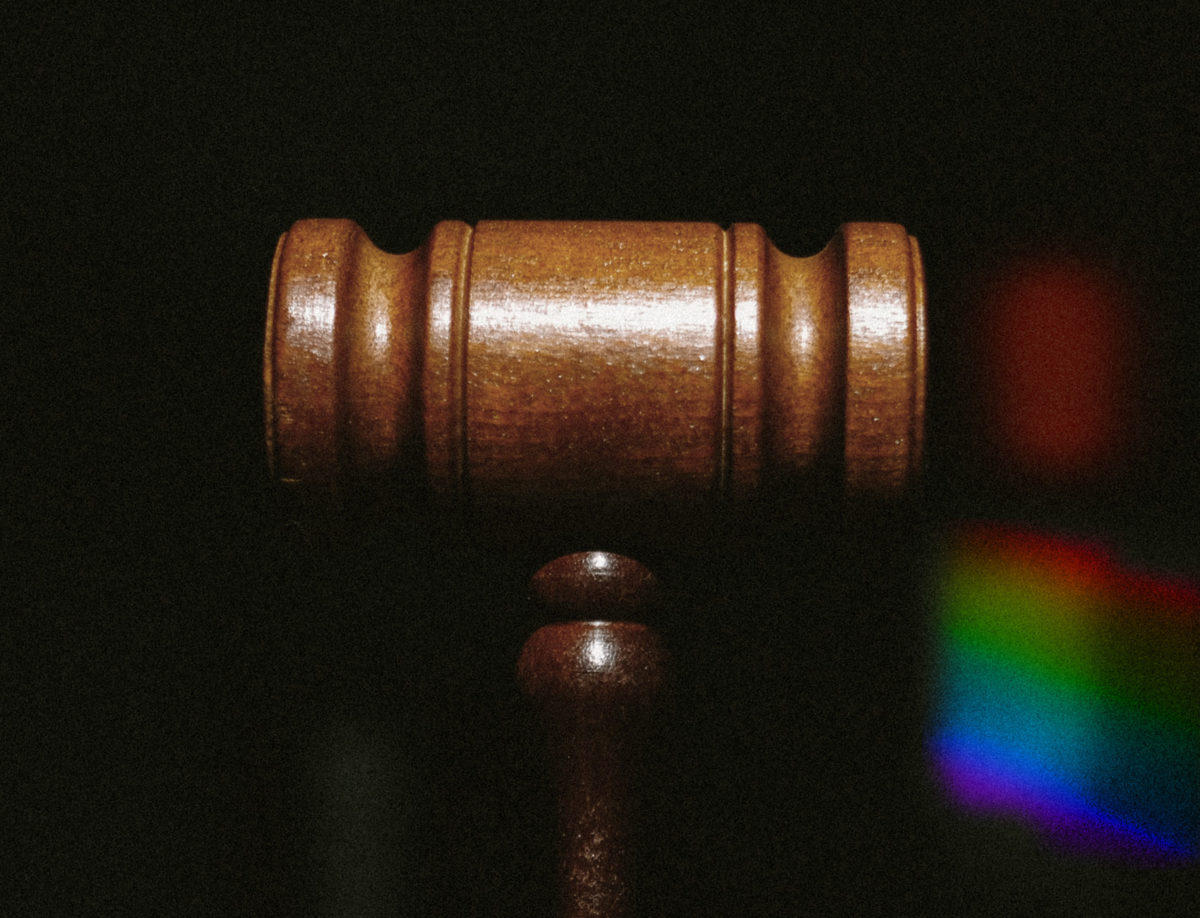
Gay And Trans ‘Panic’ Is Still Being Used To Justify Anti-LGBTQ Attacks
Some states have banned the controversial legal defense, but other efforts, including at the federal level, are facing challenges.
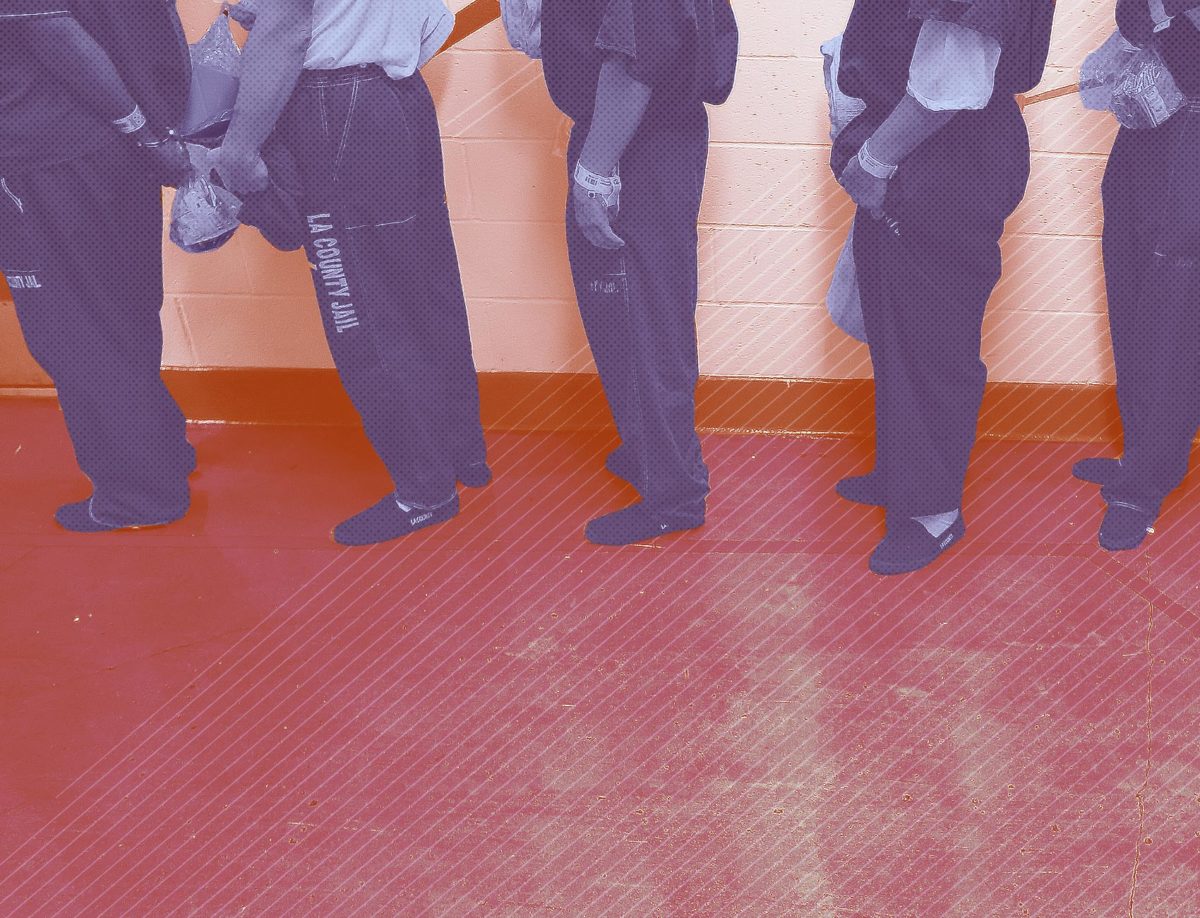
COVID-19 is Spreading Faster Than Ever. Jail Populations are Surging, Too
In many of America’s major cities, the early efforts to reduce incarceration during the pandemic have been reversed.
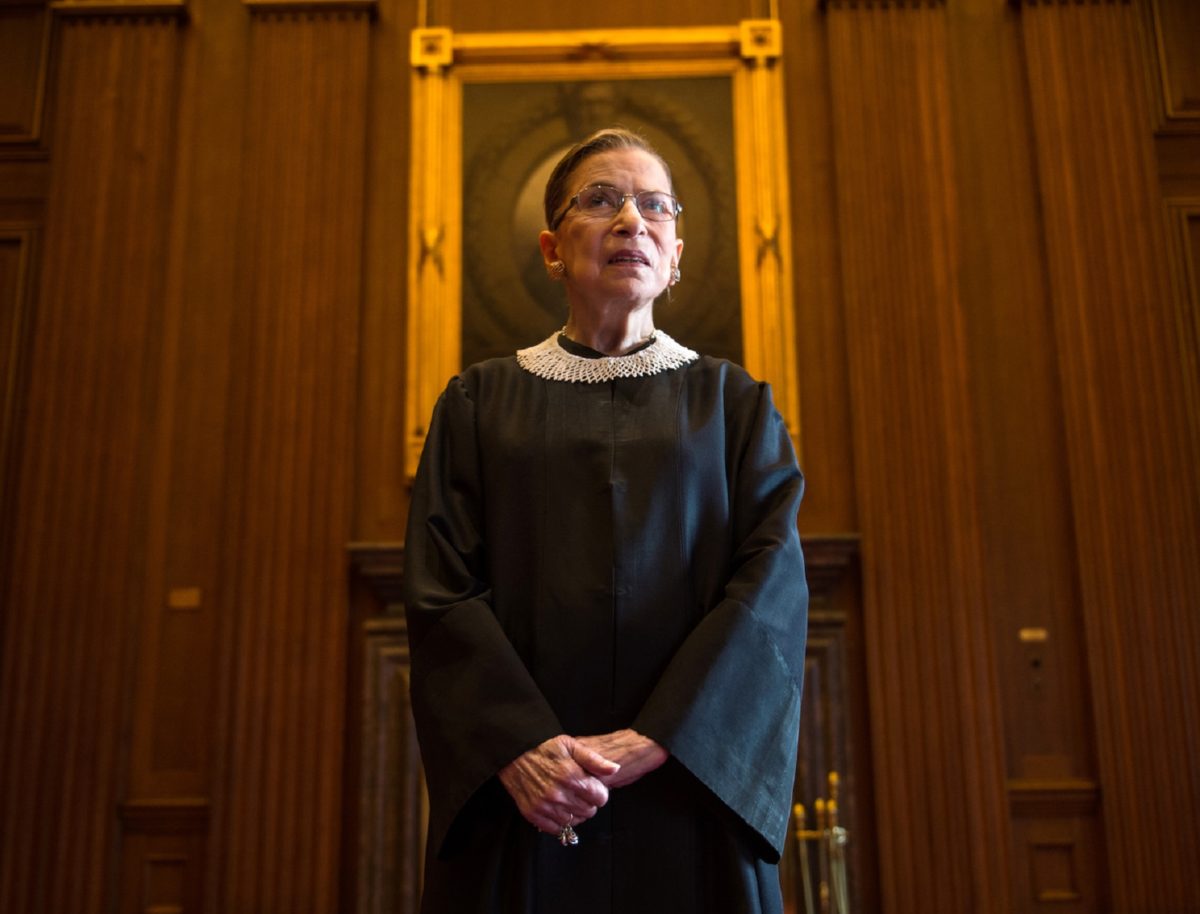
There Are Too Many Prosecutors On the Bench. Take It From Me, a Prosecutor
Courts must not overrepresent the viewpoints of the most powerful at the expense of the communities they serve.
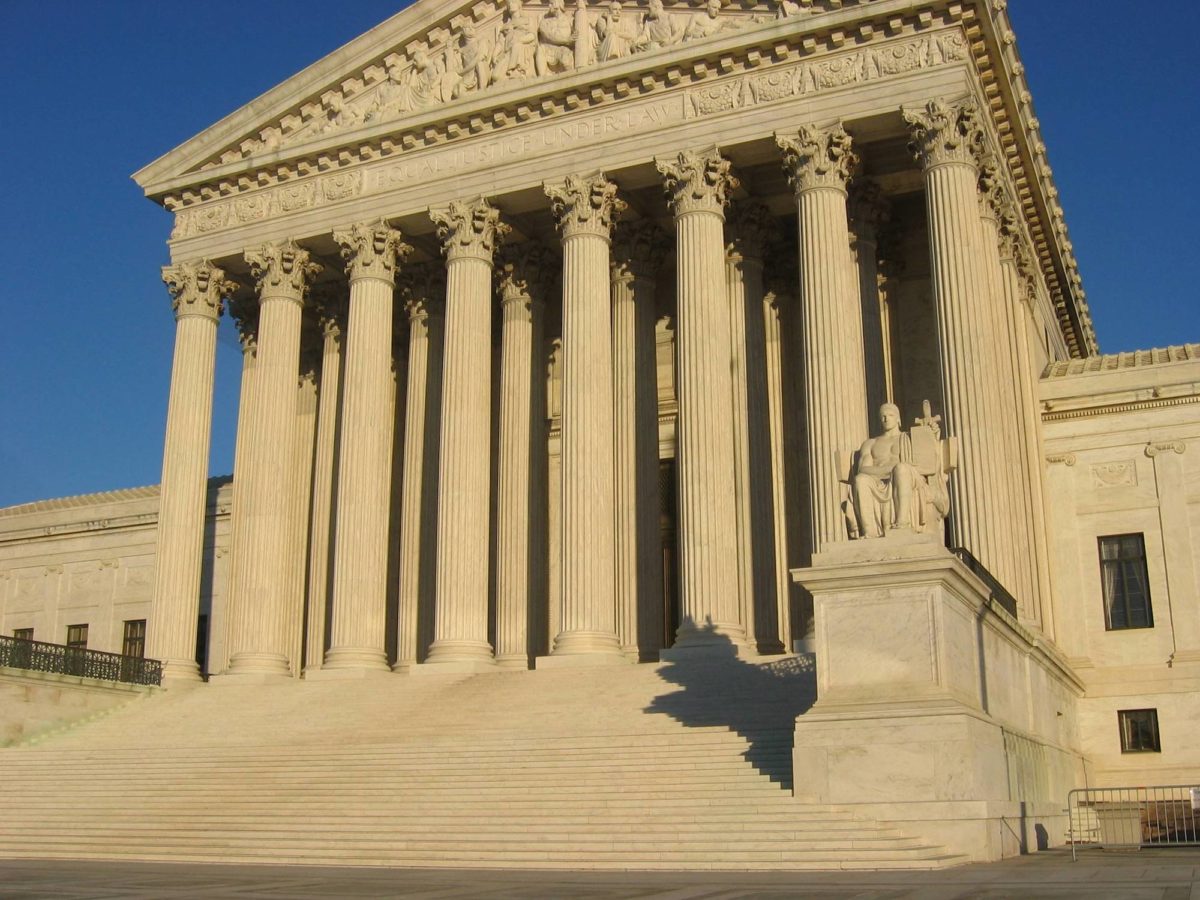
Supreme Court’s Decision To Bar Restrictions On Religious Services In New York Is An Ominous Sign
The Court’s willingness to infer discrimination against Judeo-Christian religions from poorly articulated remarks that accompanied a public health response to COVID-19 may make other laws and policies vulnerable to claims of religious discrimination as well.
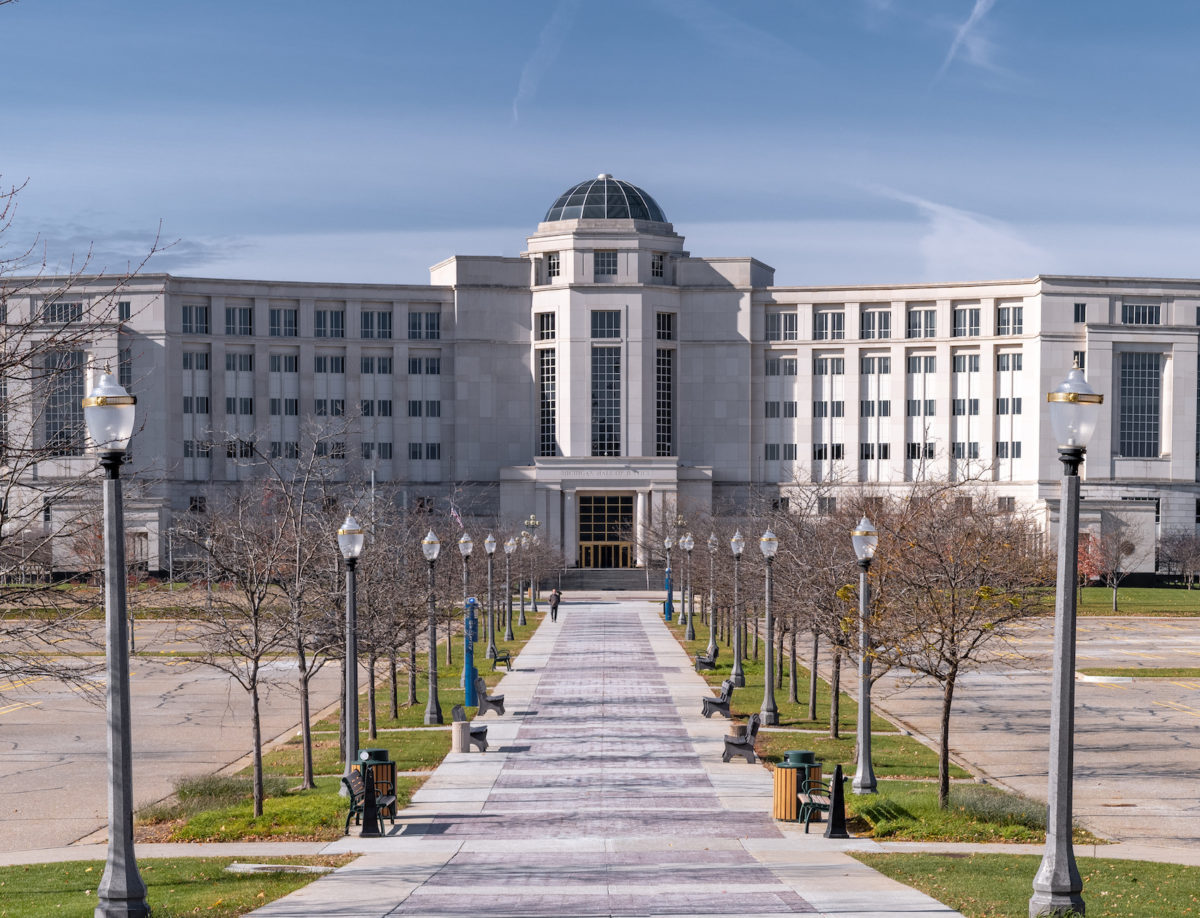
Michigan Supreme Court Flips to Democrats
The ideological change is a boon for the left, as states prepare for redistricting in 2021 and the challenges that may come with it.
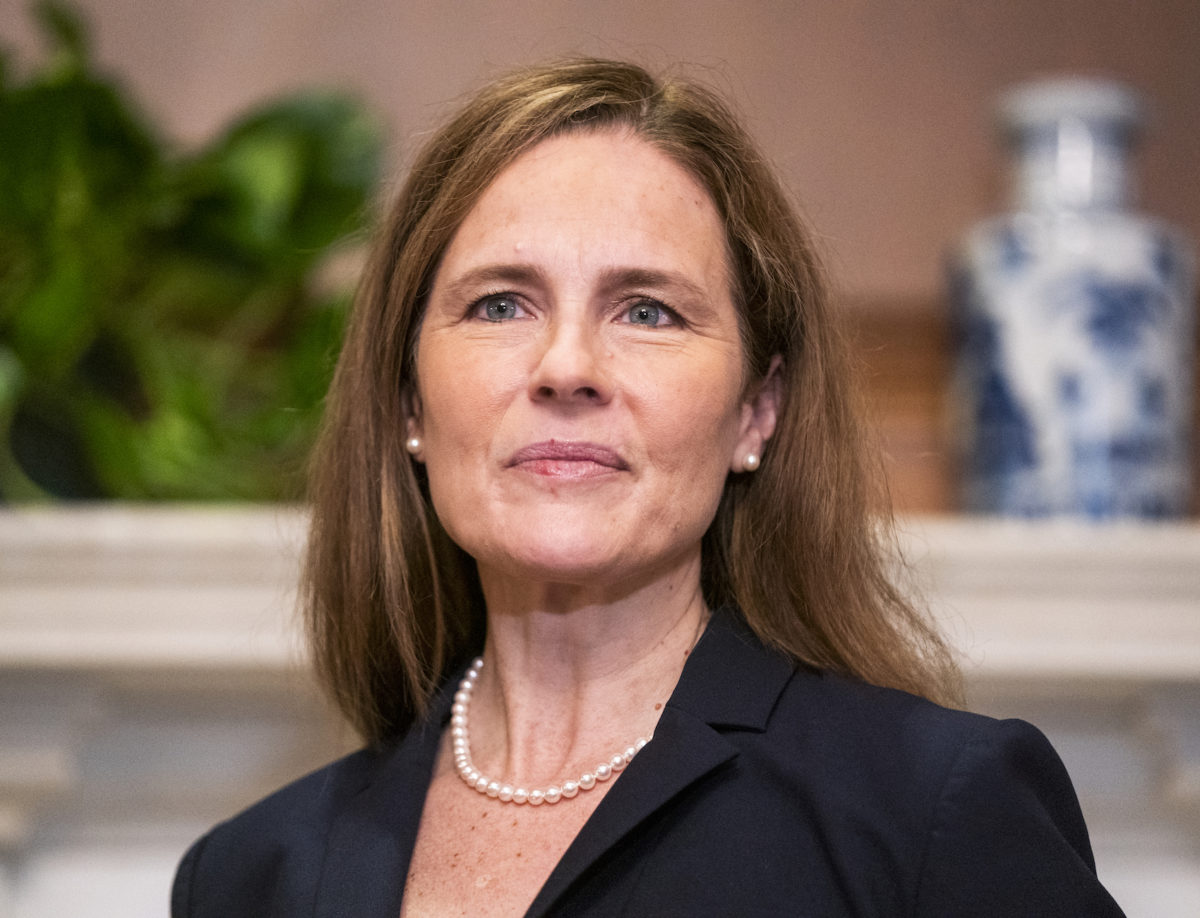
Amy Coney Barrett’s Record on Criminal Justice Is ‘Deeply Troubling,’ Reform Advocates Say
In the midst of a national debate about changing the criminal legal system, Barrett is set to take a lifetime seat on the U.S. Supreme Court. Advocates see her addition as a potential setback to creating a more fair system.
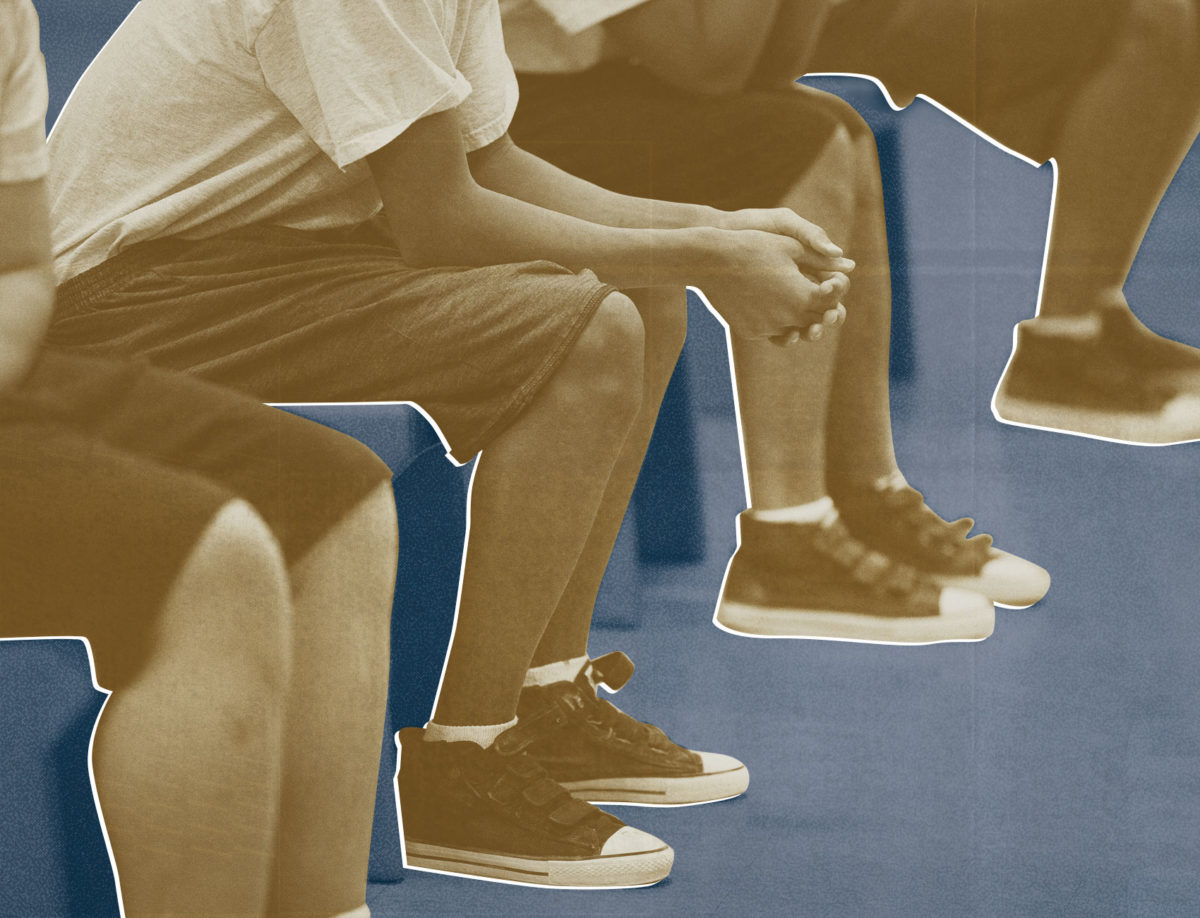
Reform Advocates Want To Oust Illinois Judge Who Fought To Detain Young Children
A coalition of organizations is hoping Michael Toomin, who is also unwilling to implement diversion programs, loses his retention election.
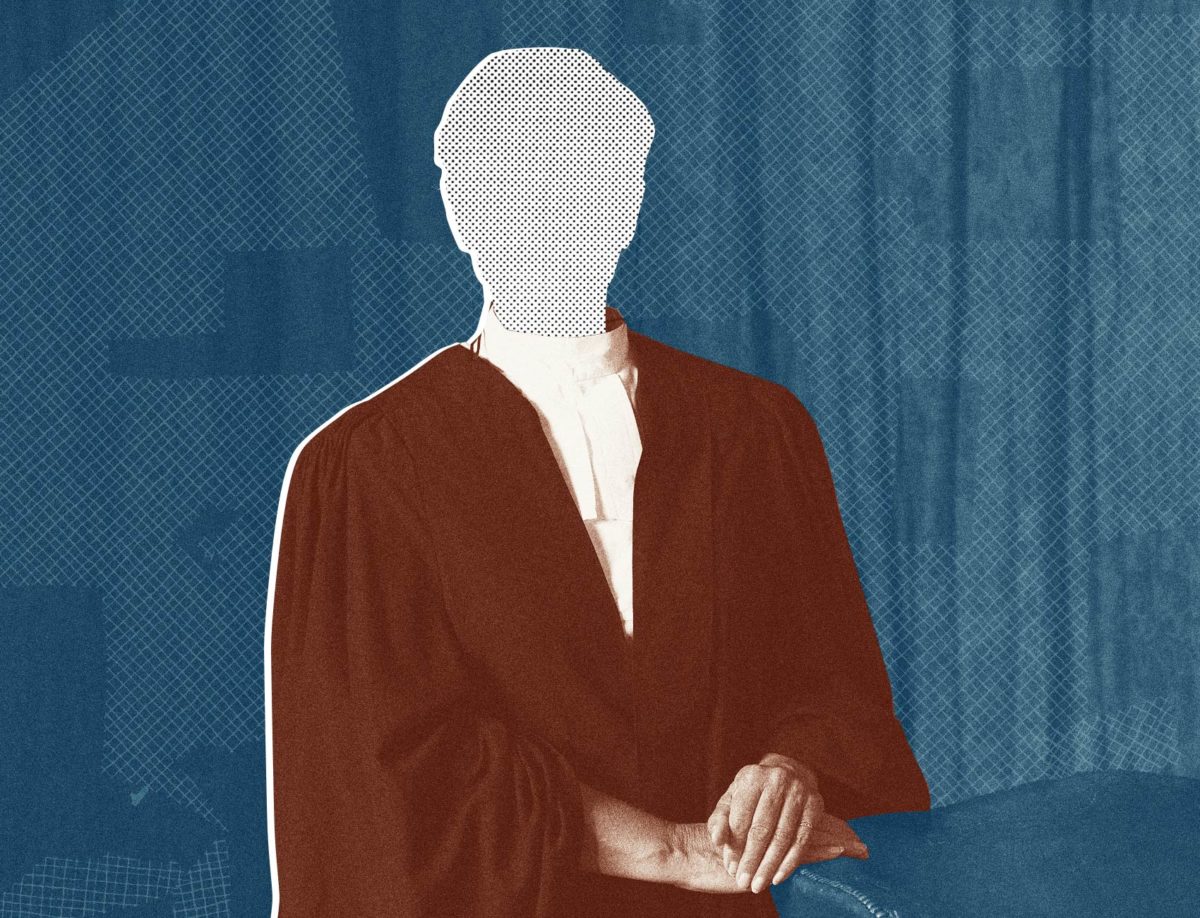
Democrats Could Flip the Ohio and Michigan Supreme Courts
Shifting control of the states’ highest courts next month will prove critical on a number of major issues, including redistricting in 2021.
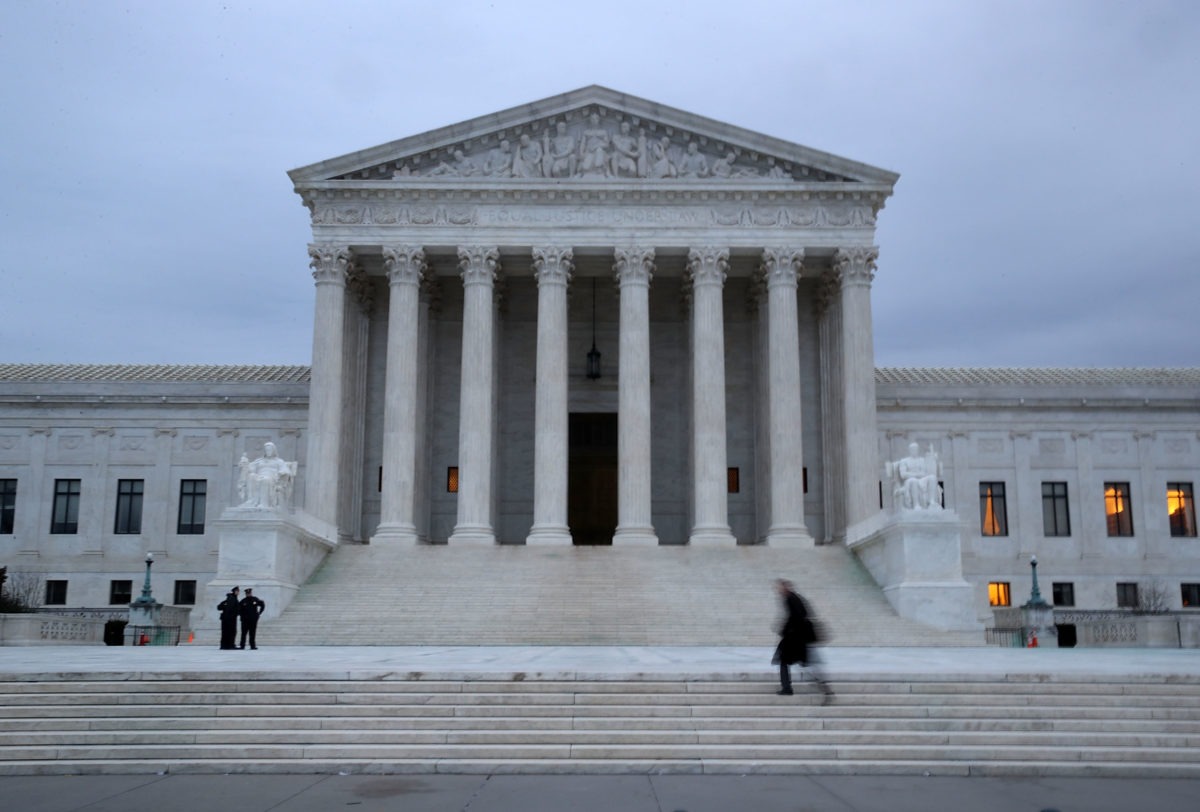
Yes, Pack The Court – Pack It With Public Interest Lawyers
No intellect or doctrine can overcome a judiciary inclined to favor government and the powerful against the accused and the vulnerable. And that is the federal judiciary we now have.
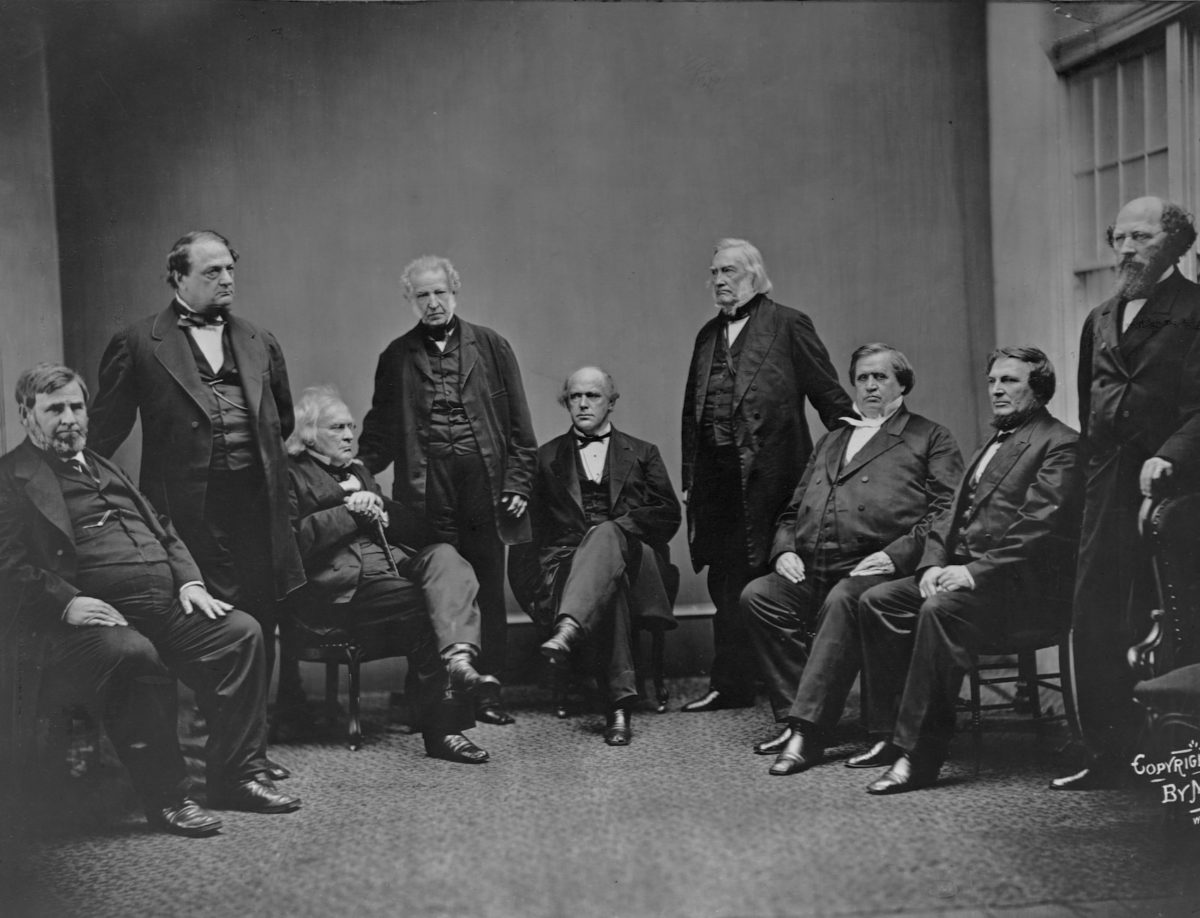
Expanding the Supreme Court Is Not ‘Radical’
Rebalancing the nation’s highest court is a reasonable, proportionate response to a system that failed a long time ago.
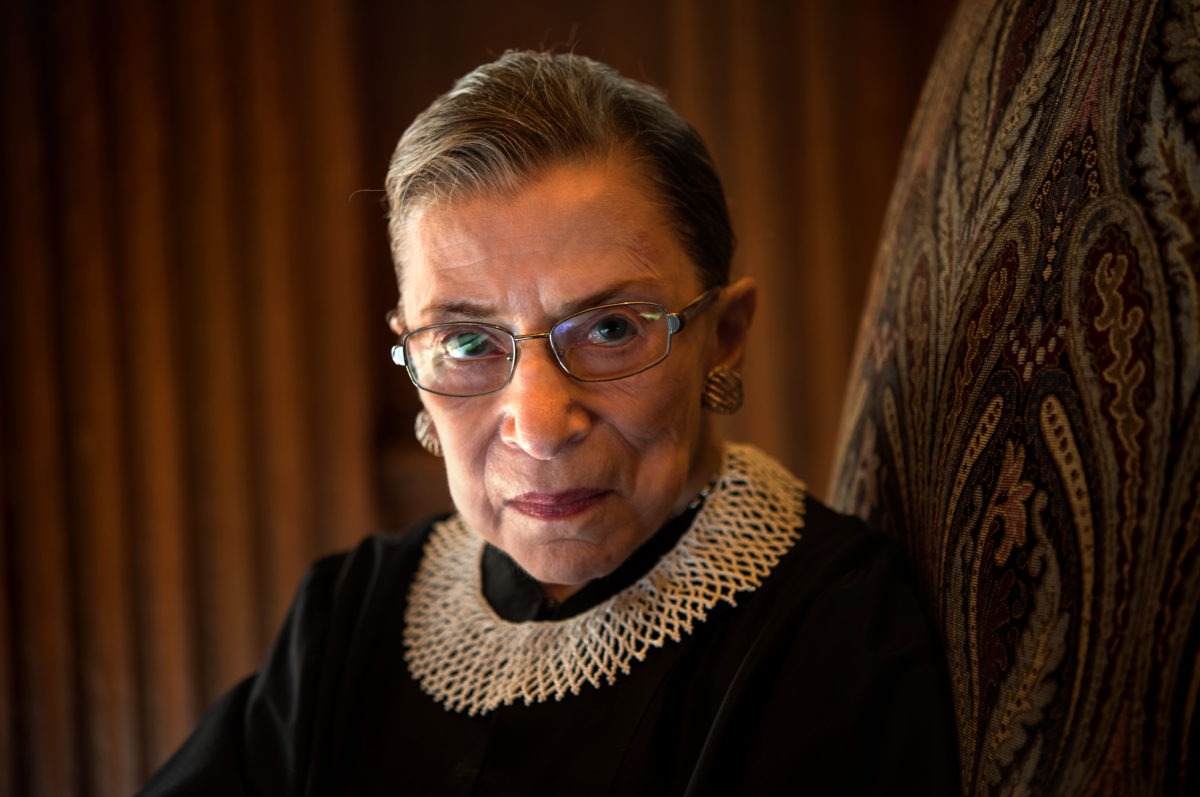
Abolish The Filibuster And Pack The Court
The stakes could not be higher following the death of Supreme Court Justice Ruth Bader Ginsburg.
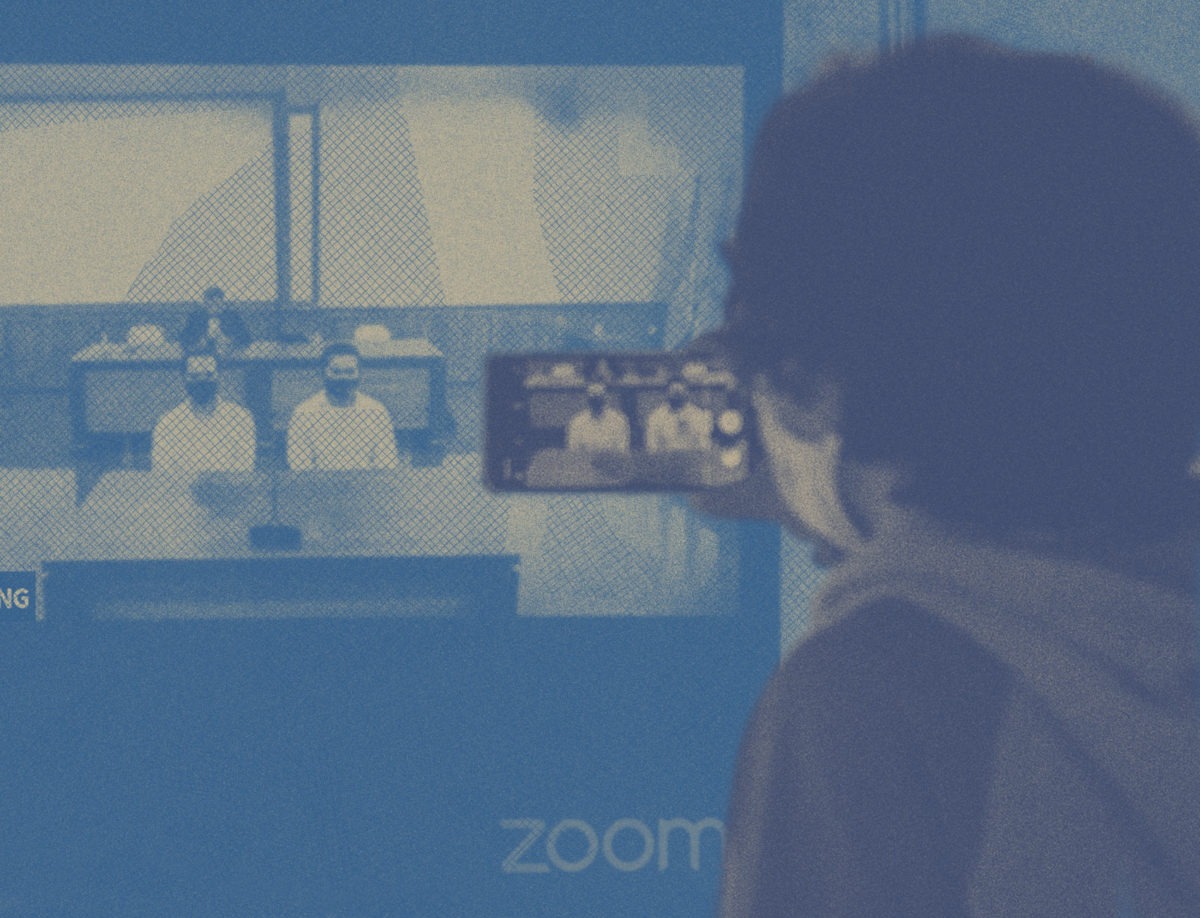
Virtual Hearings Have Created A ‘Caste System’ In America’s Courts
Precautions meant to minimize the spread of COVID-19—like remote hearings by video conferencing—have drastically changed the way people experience the judicial process, leaving some at a distinct disadvantage.
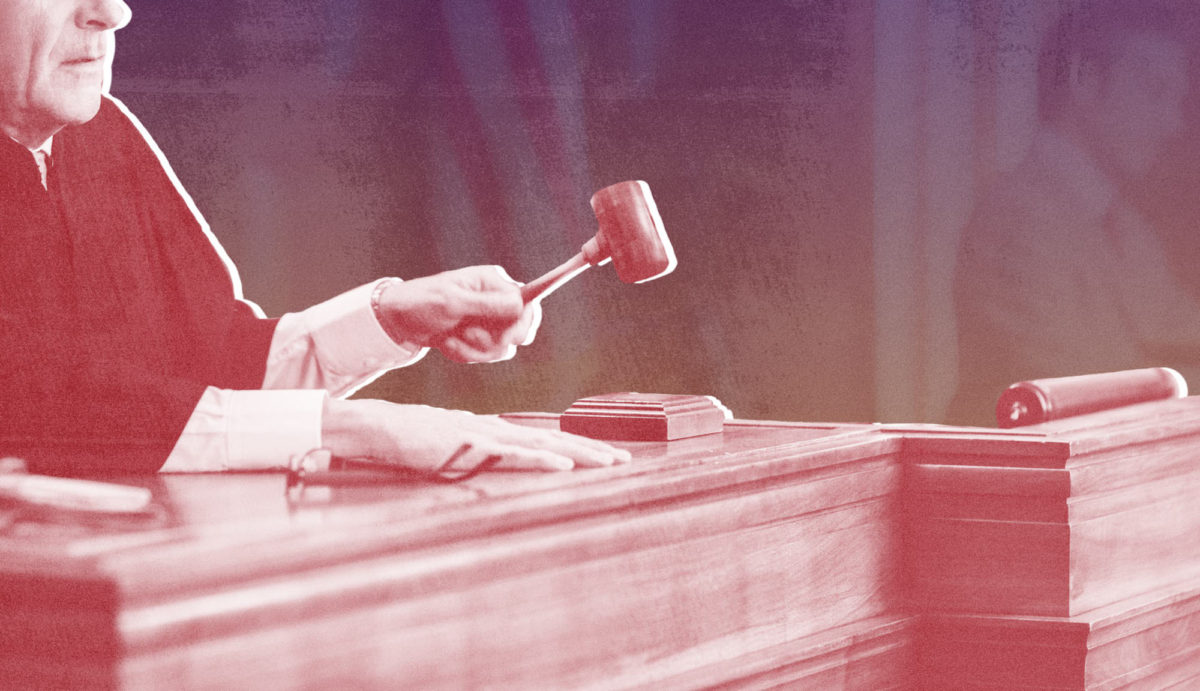
Racial Disparity Among Prosecutors and Trial Judges Translates to Unequal Justice, Activists Say
Studies show that 95 percent of the nation’s prosecutors are white and that the lack of Black and brown representation in courts negatively affect outcomes for people of color.
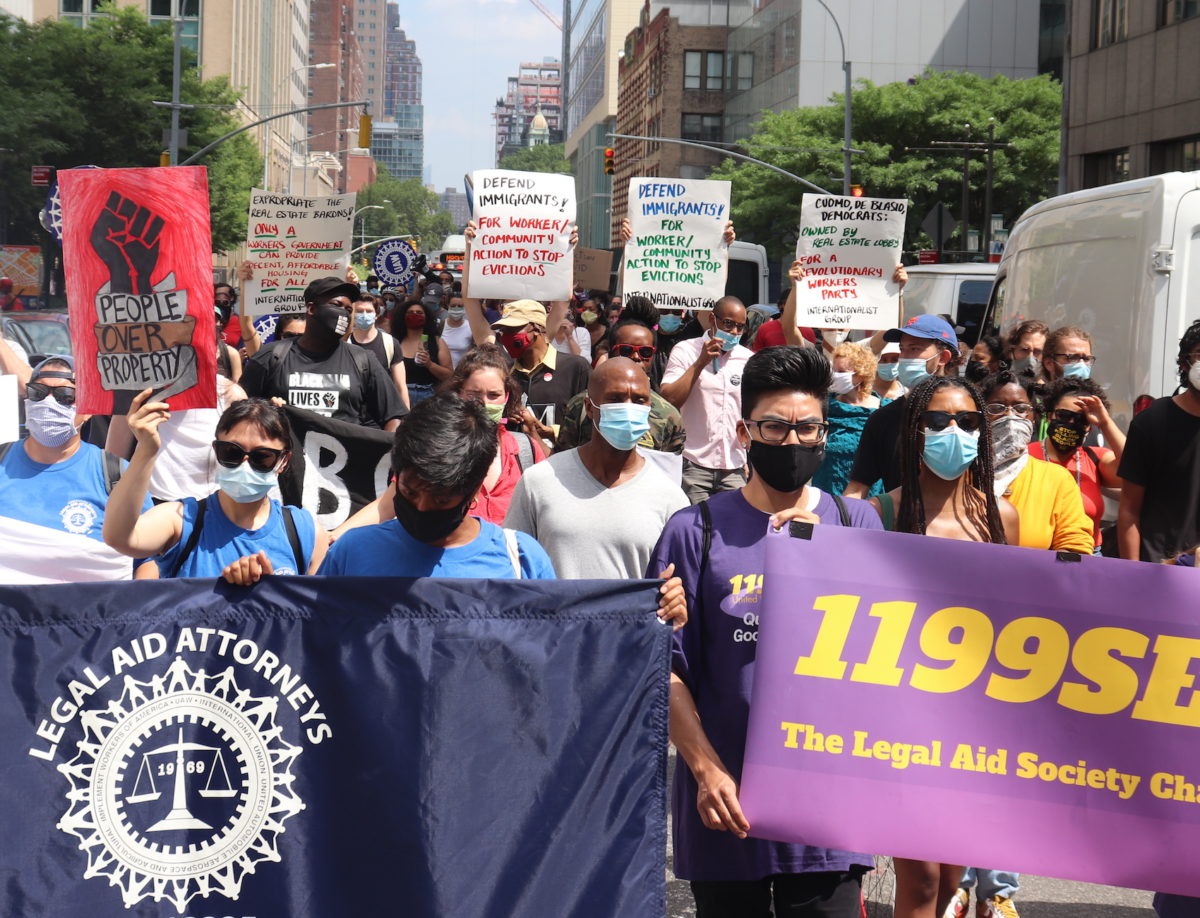
New York City Public Defenders Oppose Resuming In-Person Court Appearances
The advocates describe the reopening as unsafe and unnecessary amid the COVID-19 pandemic.
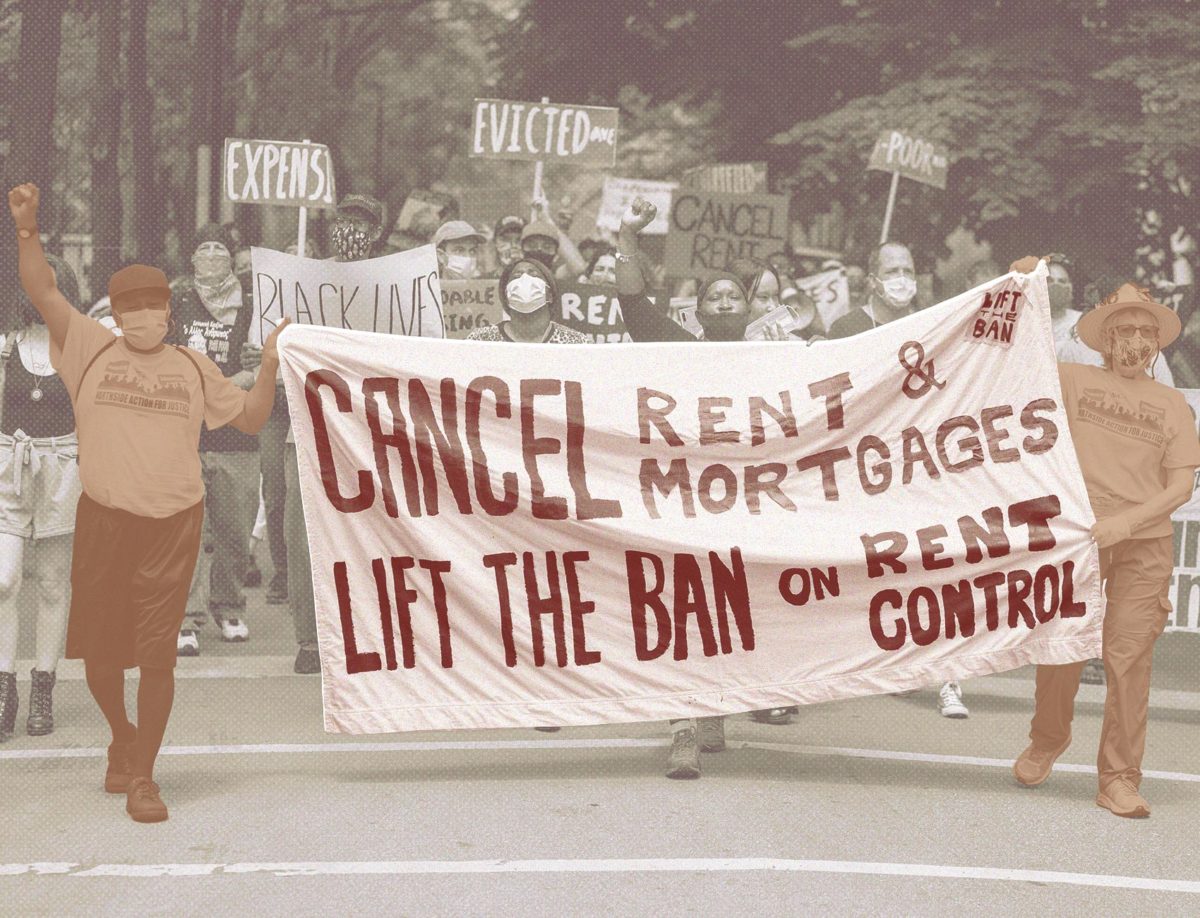
A National Evictions Cliff Is Coming. America’s Failing Legal System Will Make It Worse
COVID-19 is disproportionately putting Black and Latinx people at higher risk of eviction, fueling a housing crisis that is already in progress.
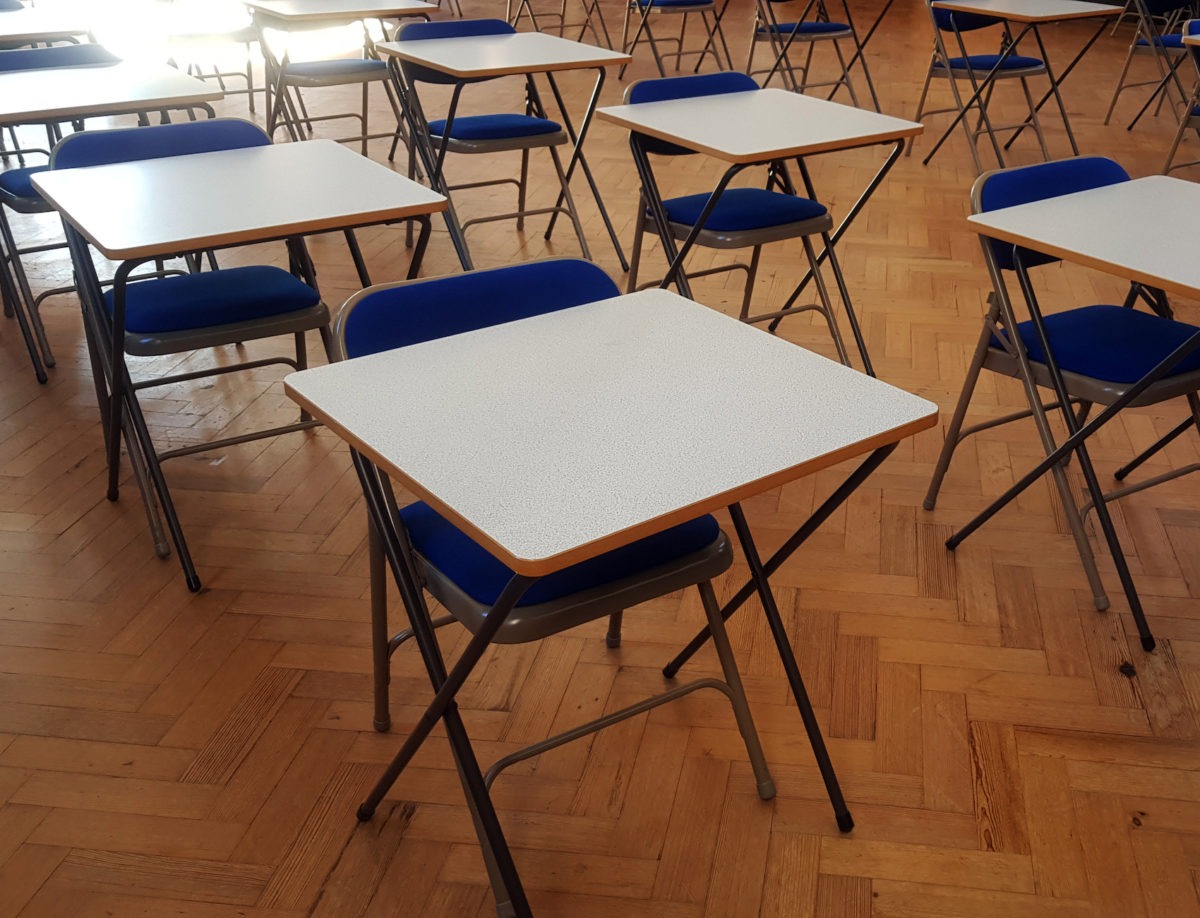
Requiring a Bar Exam in 2020 Perpetuates Systemic Inequities in the Legal System
Prioritizing bar examiners’ gatekeeping function during a pandemic and economic crisis means putting aspiring lawyers at risk and making it harder for nonwhite and low-income people to enter the legal profession.
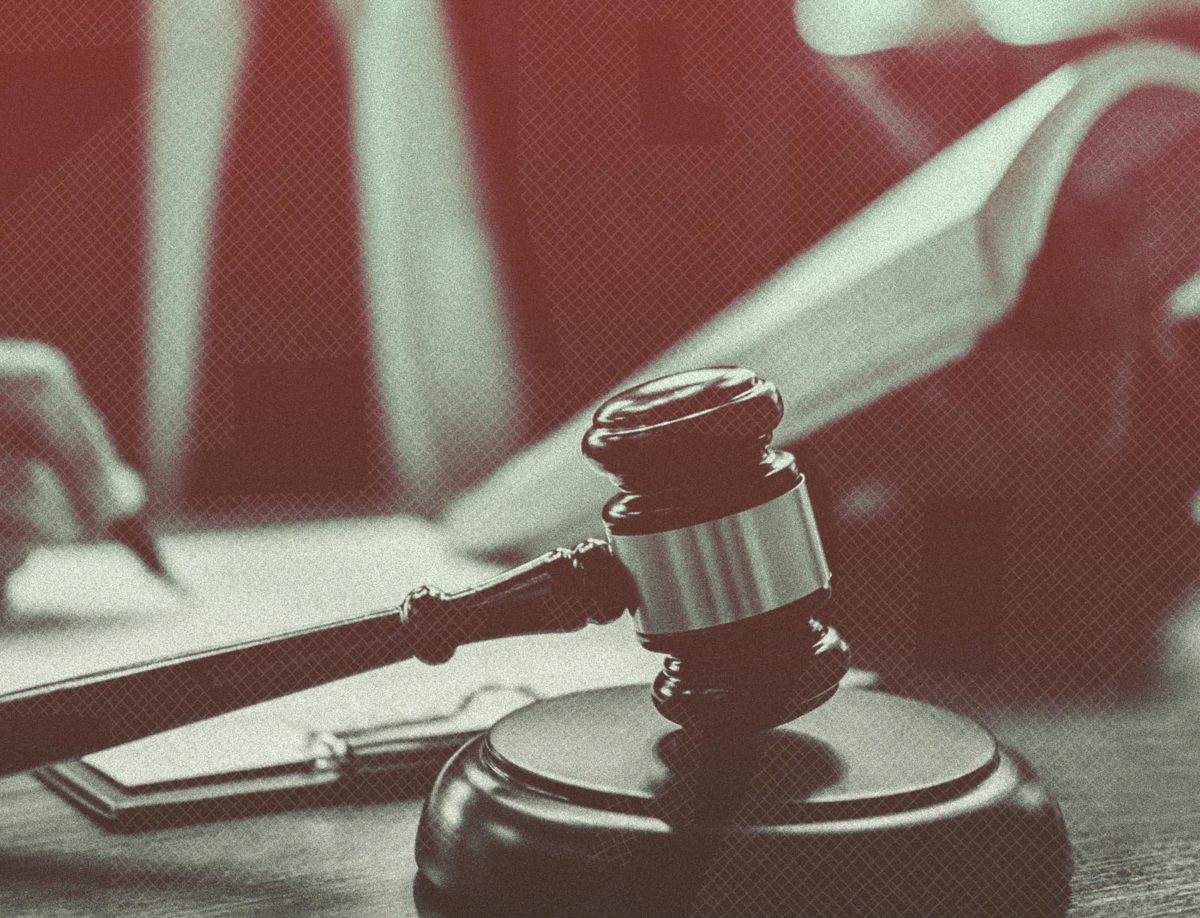
New Orleans Judge Steered People to Wear Ankle Monitors From Company Run by Campaign Donors, Lawsuit Says
Judge Paul Bonin improperly required people who appeared in his courtroom to purchase ankle monitors from a private company run by one of his former law partners, a lawsuit says.
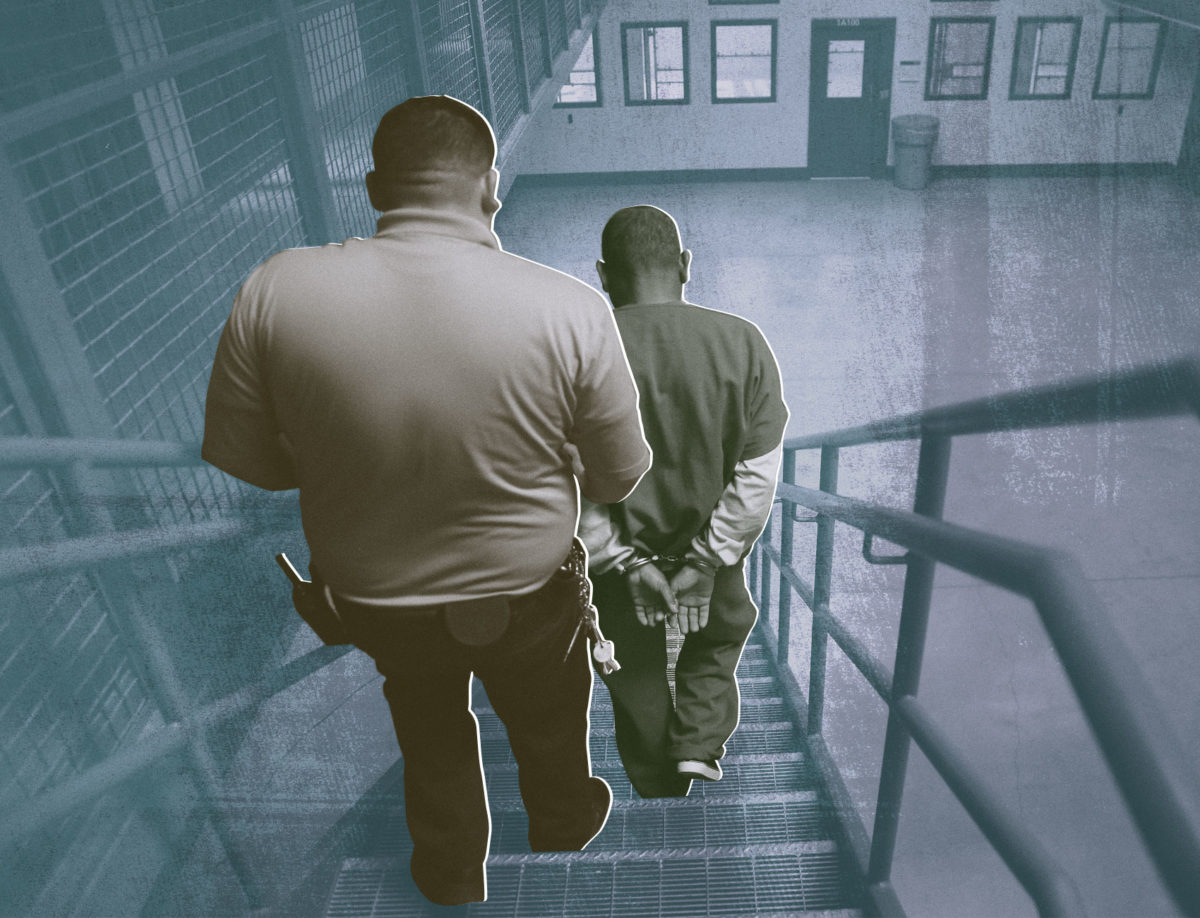
Georgia Budget Cuts Threaten Prisoners’ Ability To Challenge Convictions
Citing the pandemic, state legislators asked all agencies to trim their budgets. The cuts could eliminate positions for public defenders who can show a trial or sentence was unjust, overturn convictions, or reduce a person’s time.
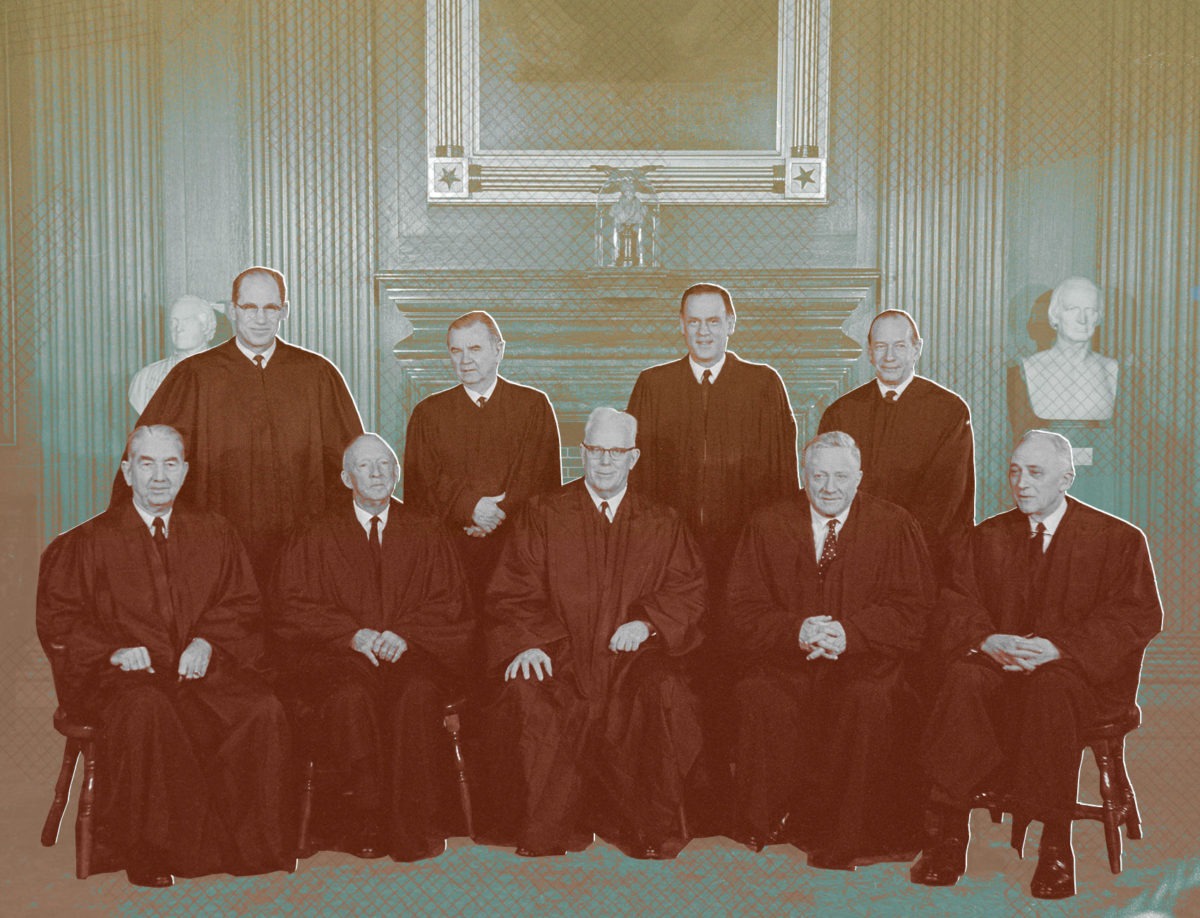
The Supreme Court’s War on Miranda Rights in America
For decades, the Court has been carving out generous exceptions and crafting new rules that limit the Miranda warning’s real-world impact.

Judges Must Also Be Centered In Demands To Defund And Divest From Mass Criminalization
Calls to defund the police must also be accompanied with divesting power and discretion from judges.
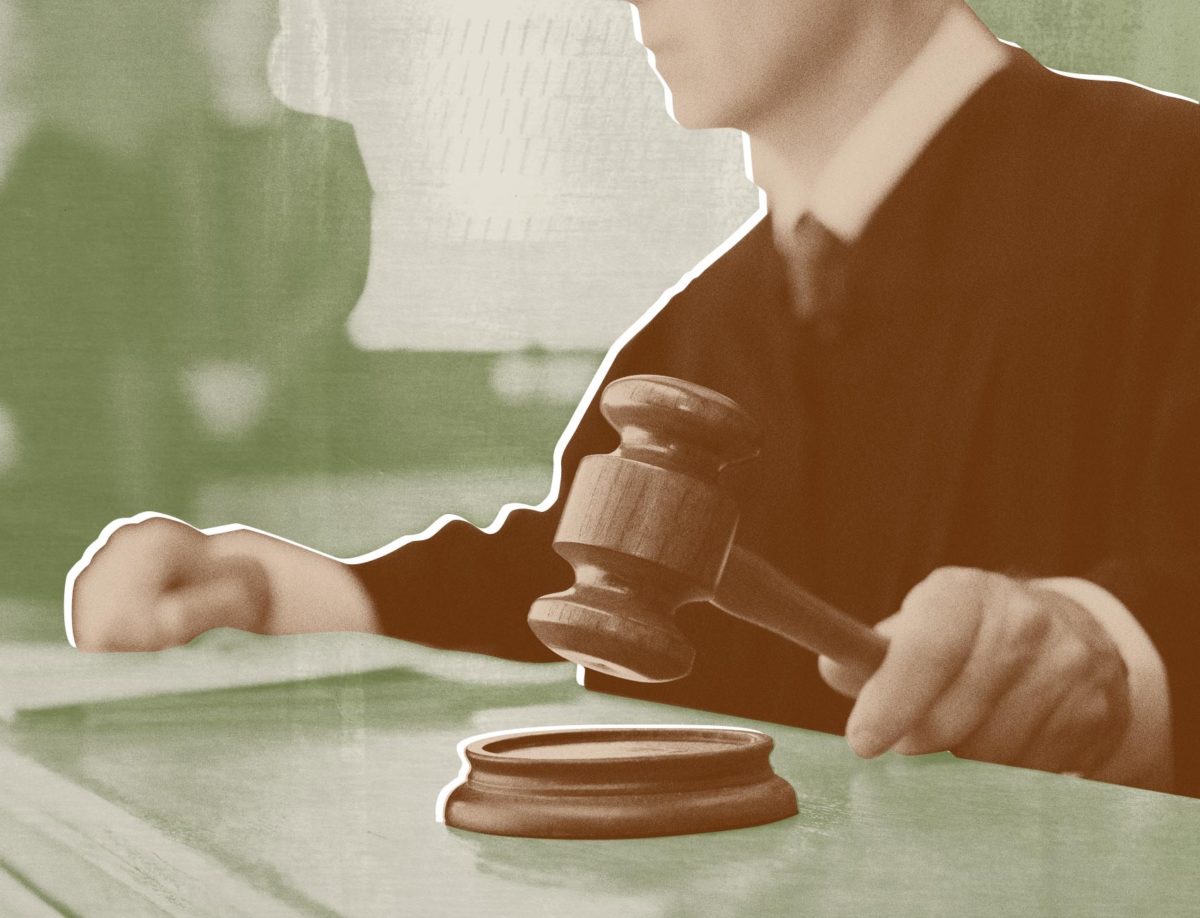
Despite COVID-19 Cases, Mississippi Is Slow to Review Jail Populations For Release
The state’s public defender asked the state Supreme Court in April to speed up reviews of people held pretrial, but advocates say it’s unclear if district courts have complied.

Sluggish LA County Courts Are Leaving Young People Locked Up During the Pandemic
While adults in the county have been granted expedited release in groups, the juvenile court continues to review cases individually.
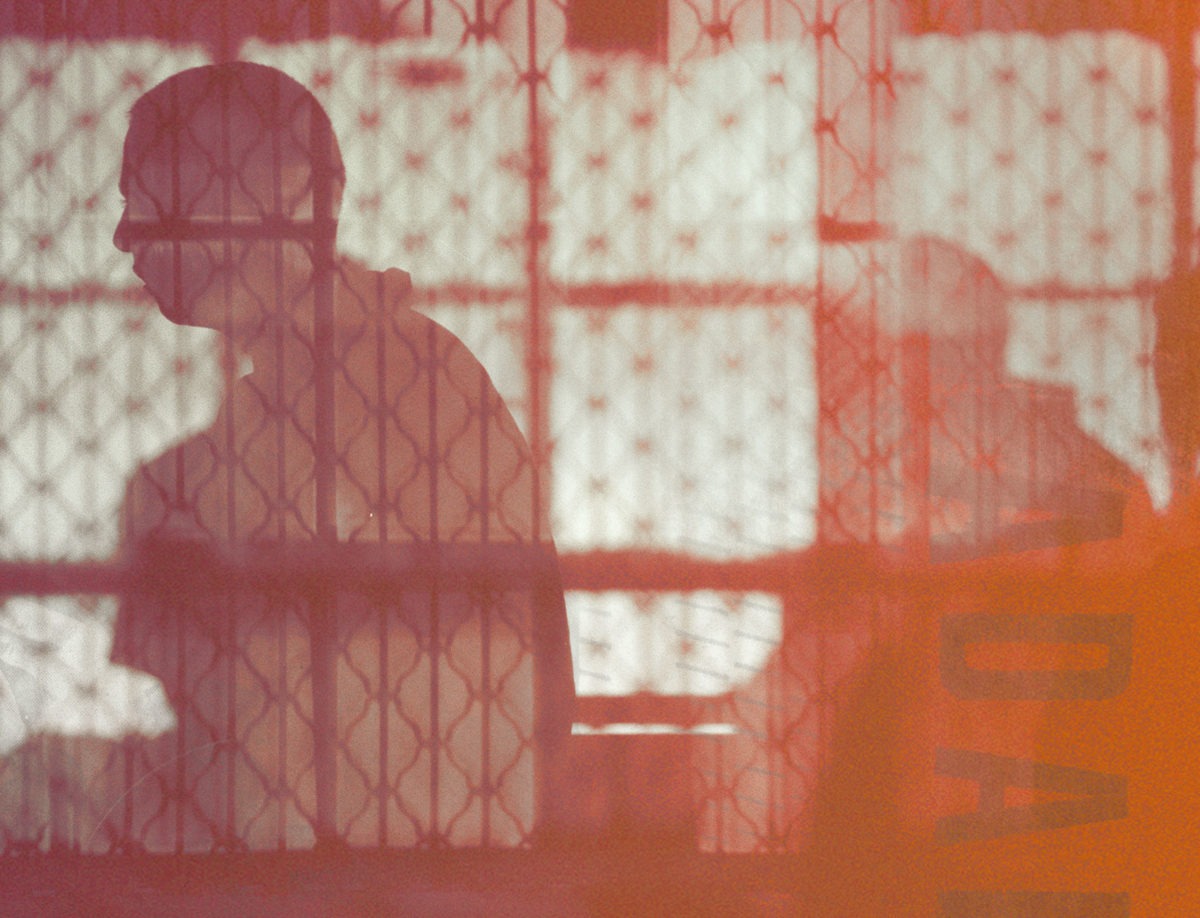
The Public Health Risks of Jailing People for Poverty
In Hillsborough County, Florida, the jail population is bloated by cash bail, fines, and fees, perpetuating health inequities during the COVID-19 pandemic.
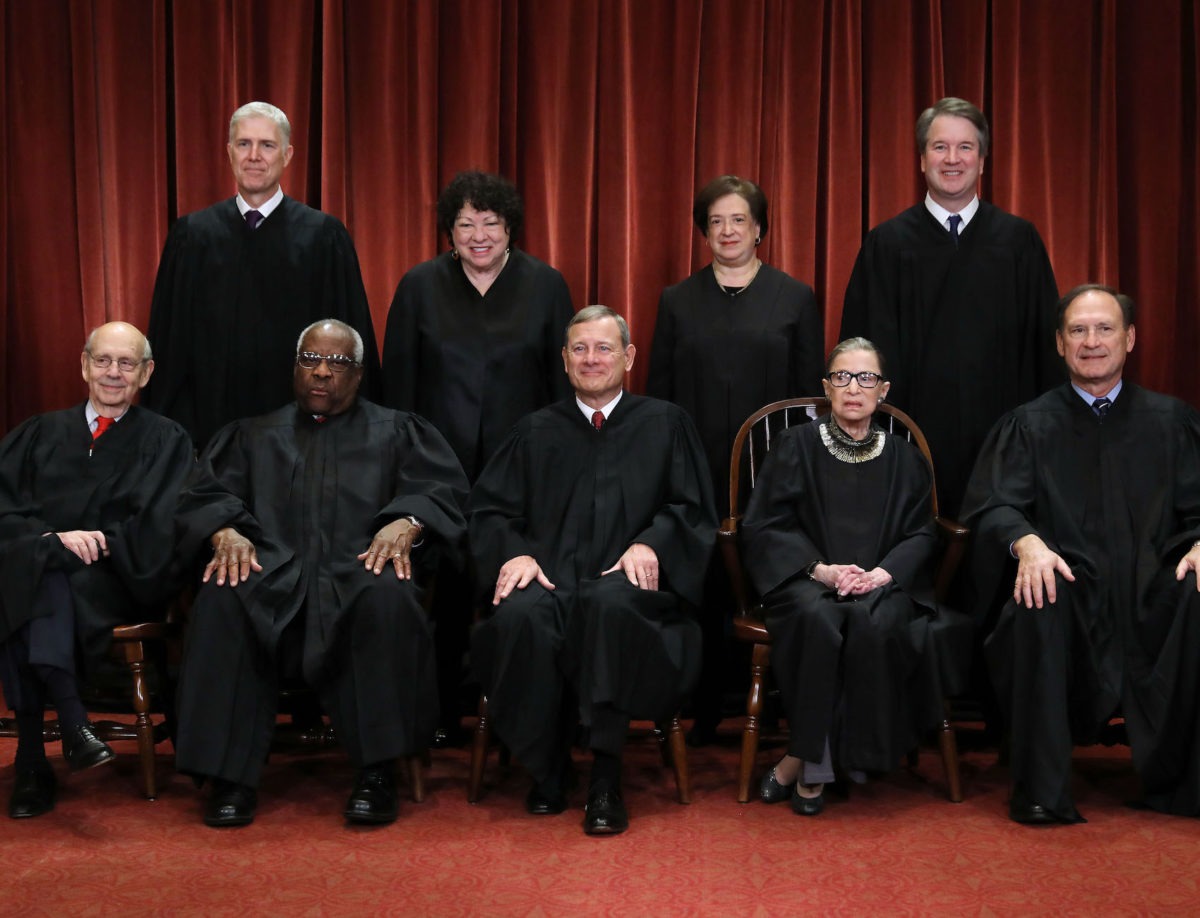
The Supreme Court Buys Into Donald Trump’s Anti-Immigrant Fearmongering
Using language evoking pernicious stereotypes about immigration and crime, the Court’s conservative majority clears the way for the Trump administration to deport legal permanent residents for crimes committed long ago.
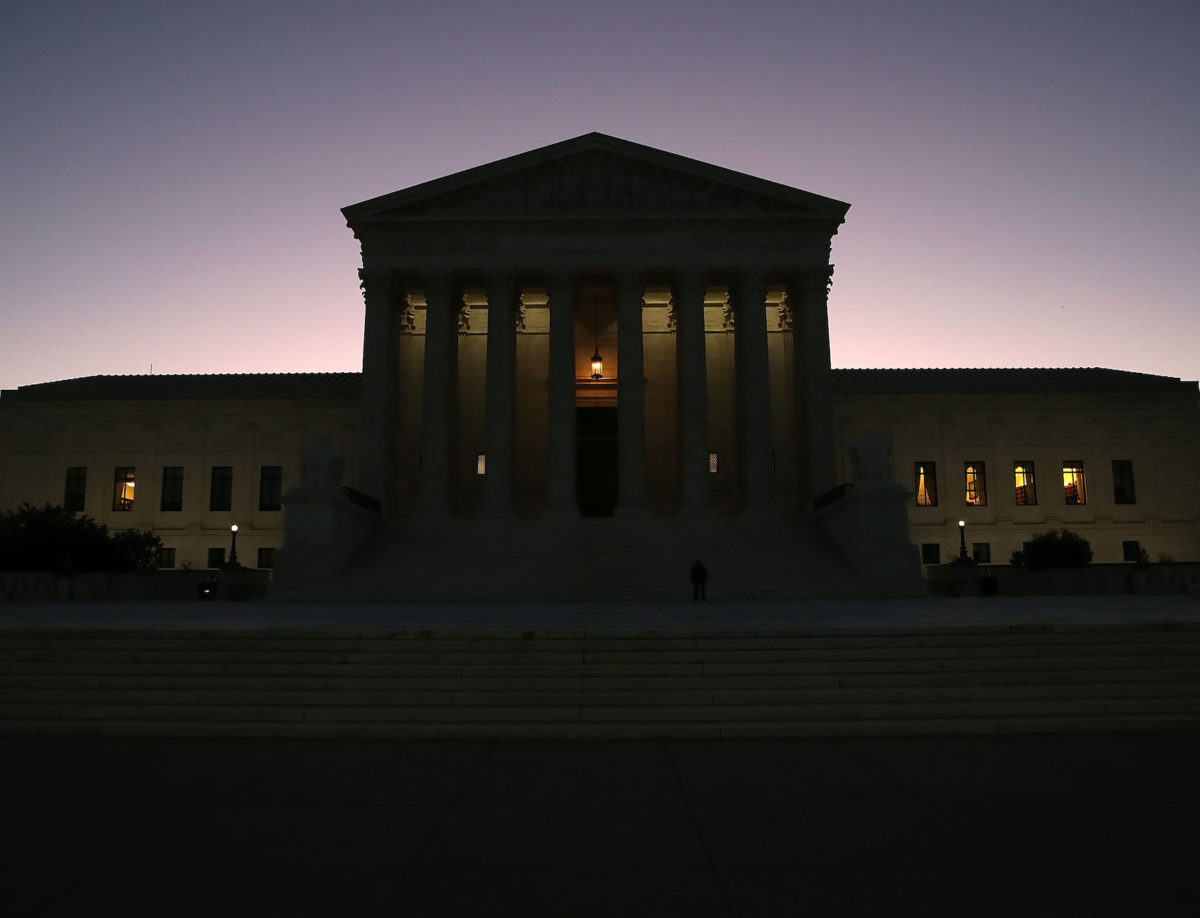
Judges Are Exploiting the COVID-19 Pandemic to Advance the Conservative Agenda
A trio of cases in Wisconsin and Texas illustrates how Republican judges are feigning helplessness in the face of a public health crisis while furthering their own ends.
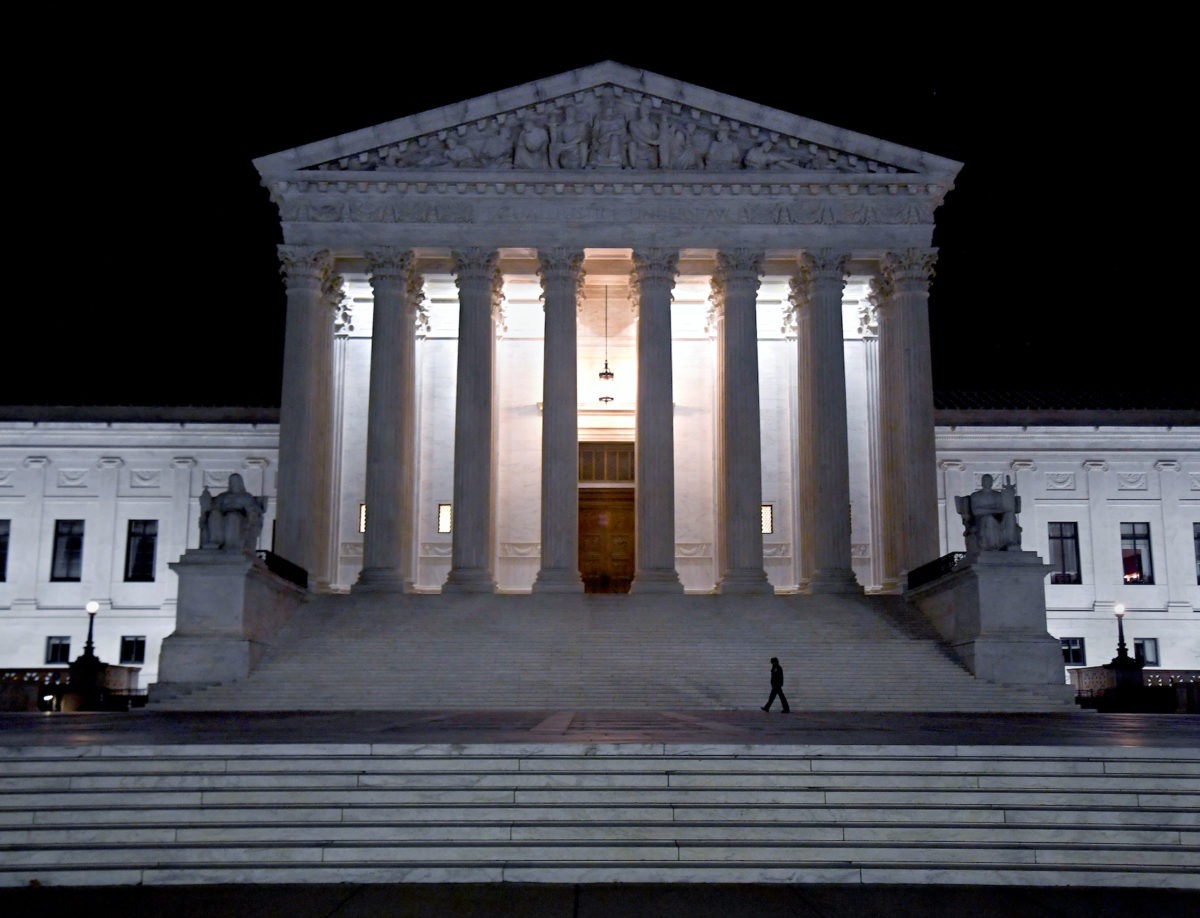
The Supreme Court Just Struck Down the Last State Law Allowing Split Jury Verdicts
Ramos v. Louisiana is a long-overdue affirmation of the constitutional rights of criminal defendants—and sets the stage for dramatic Supreme Court fights in the years ahead.
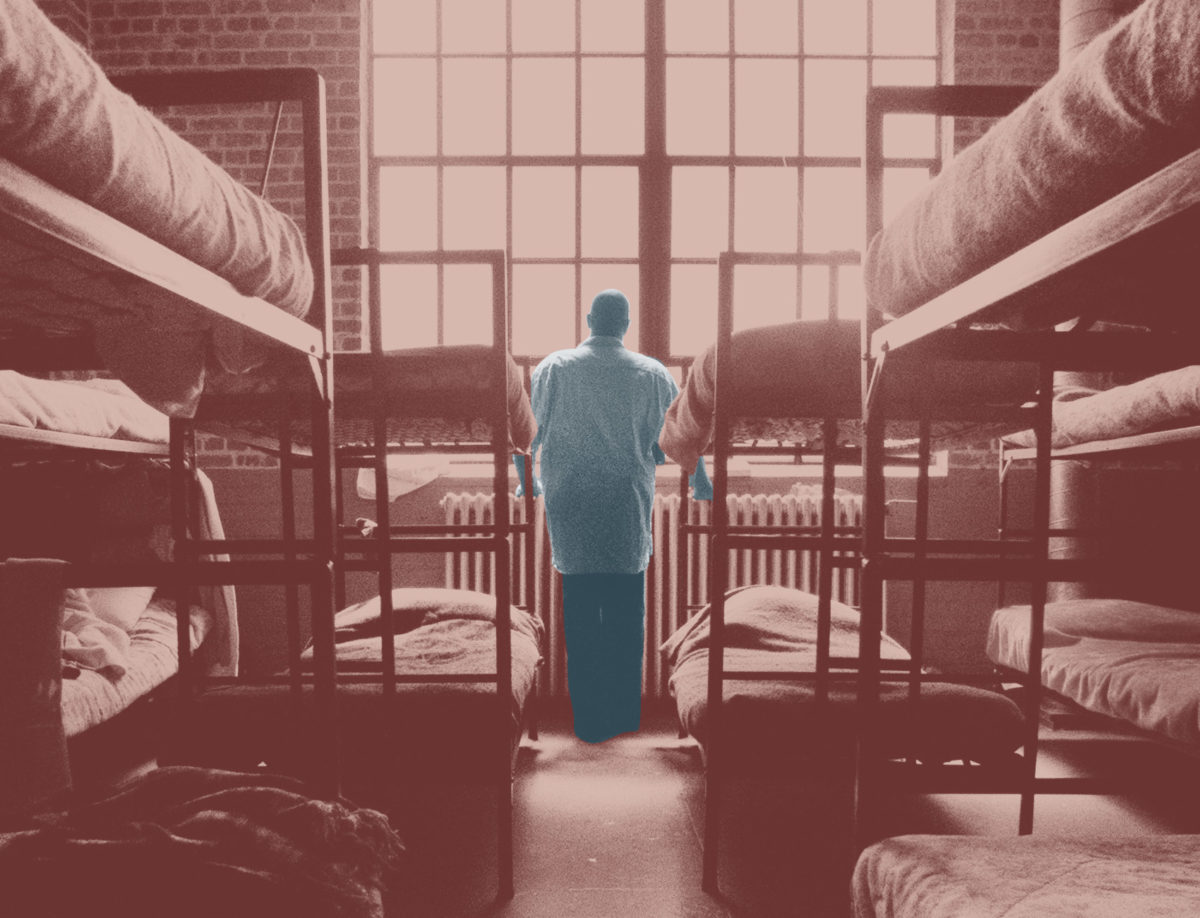
Colorado Supreme Court Fails To Protect State Residents As Coronavirus Grows ‘Exponentially’ In Jails
People behind bars are too often forgotten and treated as expendable. We cannot afford to forget them. Our shared survival and shared humanity demand action.
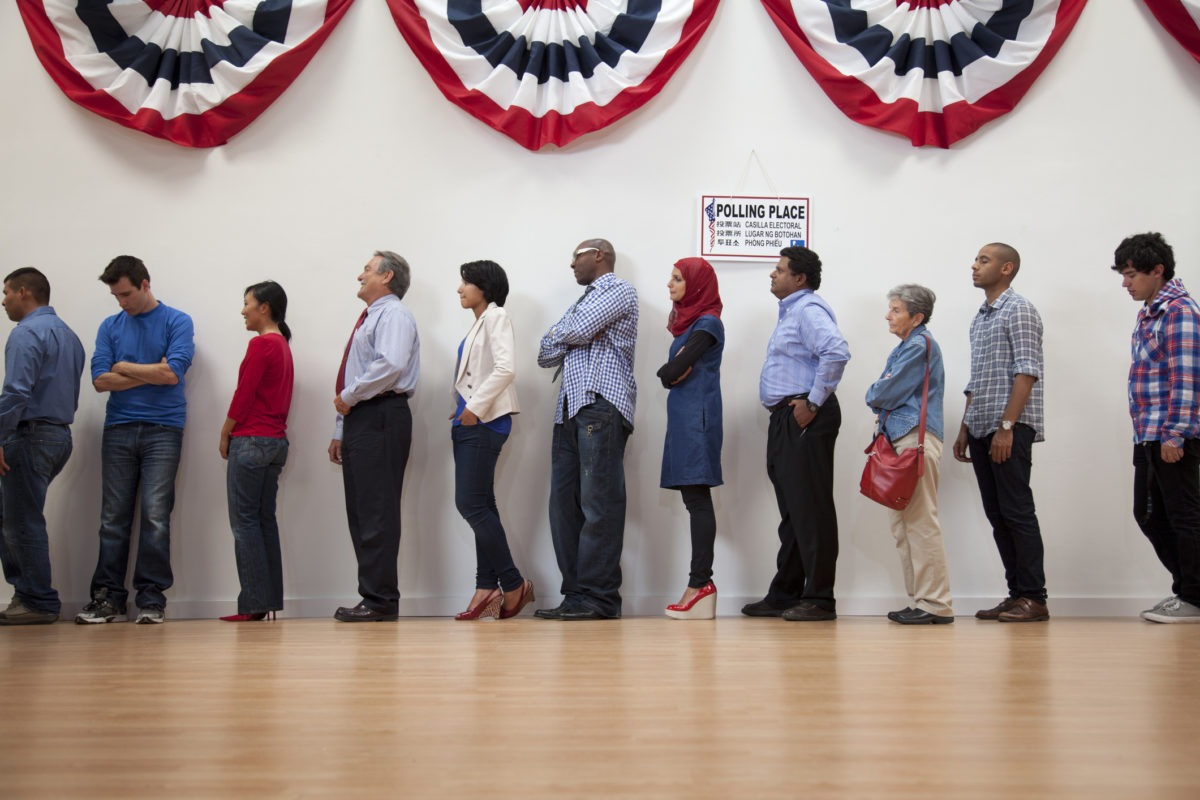
Coronavirus: Voting And Abortion Rights Imperiled
People in nearly every state are under some form of a stay-at-home order because of the COVID-19 pandemic. But today in Wisconsin, residents must decide whether they want to protect their health or participate in democracy. The state’s Democratic governor tried to postpone in-person voting in the presidential primary and local elections, but Republican legislators and a […]
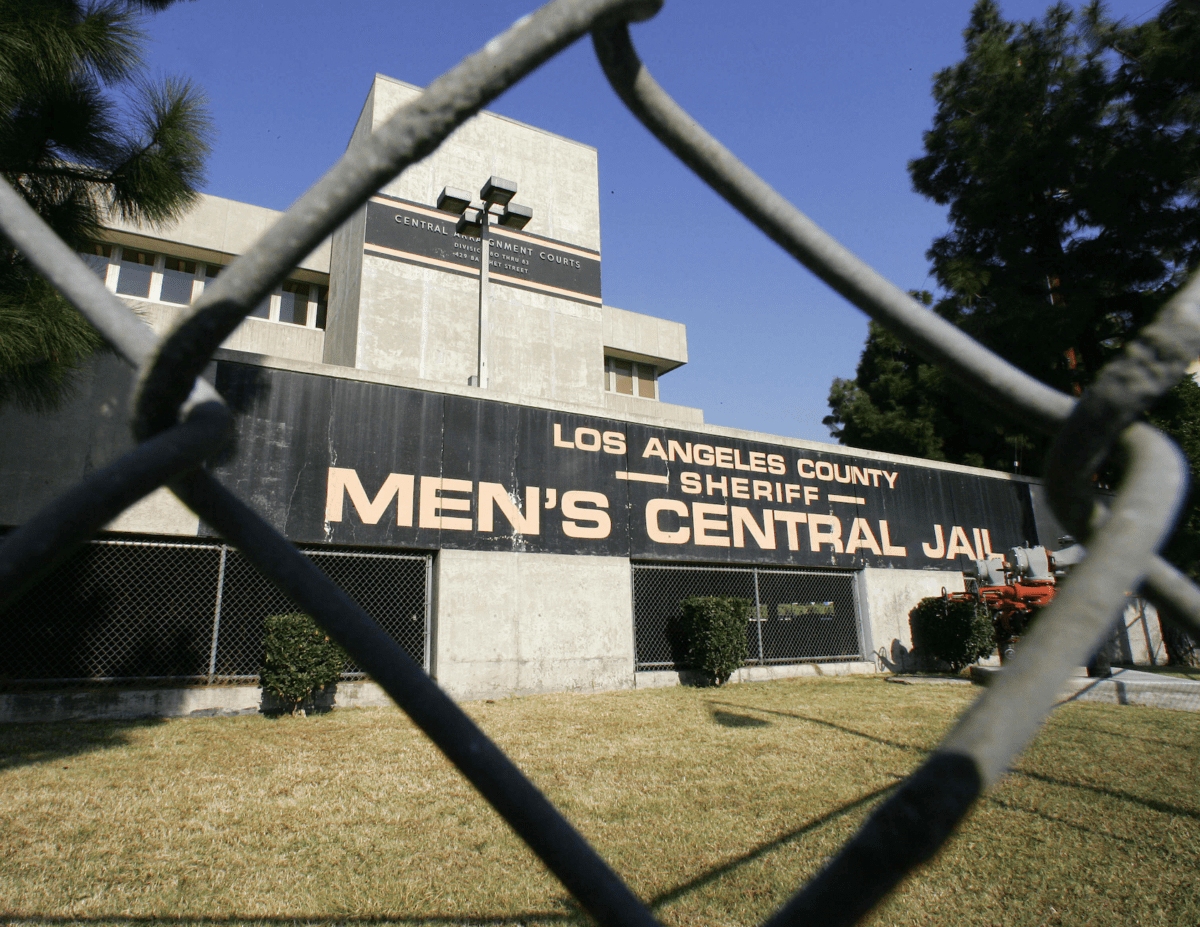
California Makes Major Bail Change To Slow the Spread of Coronavirus In Jails
Bail will be set at $0 for most misdemeanors and low-level felony offenses.

As Coronavirus Spreads, So Does Panic and Confusion at Immigration Courts Across The U.S.
Lawyers, judges, and advocates for migrant children wonder what it will take to close all 69 immigration courts. ‘I hope that it won’t take a death, but I worry that it will,’ one lawyer said.
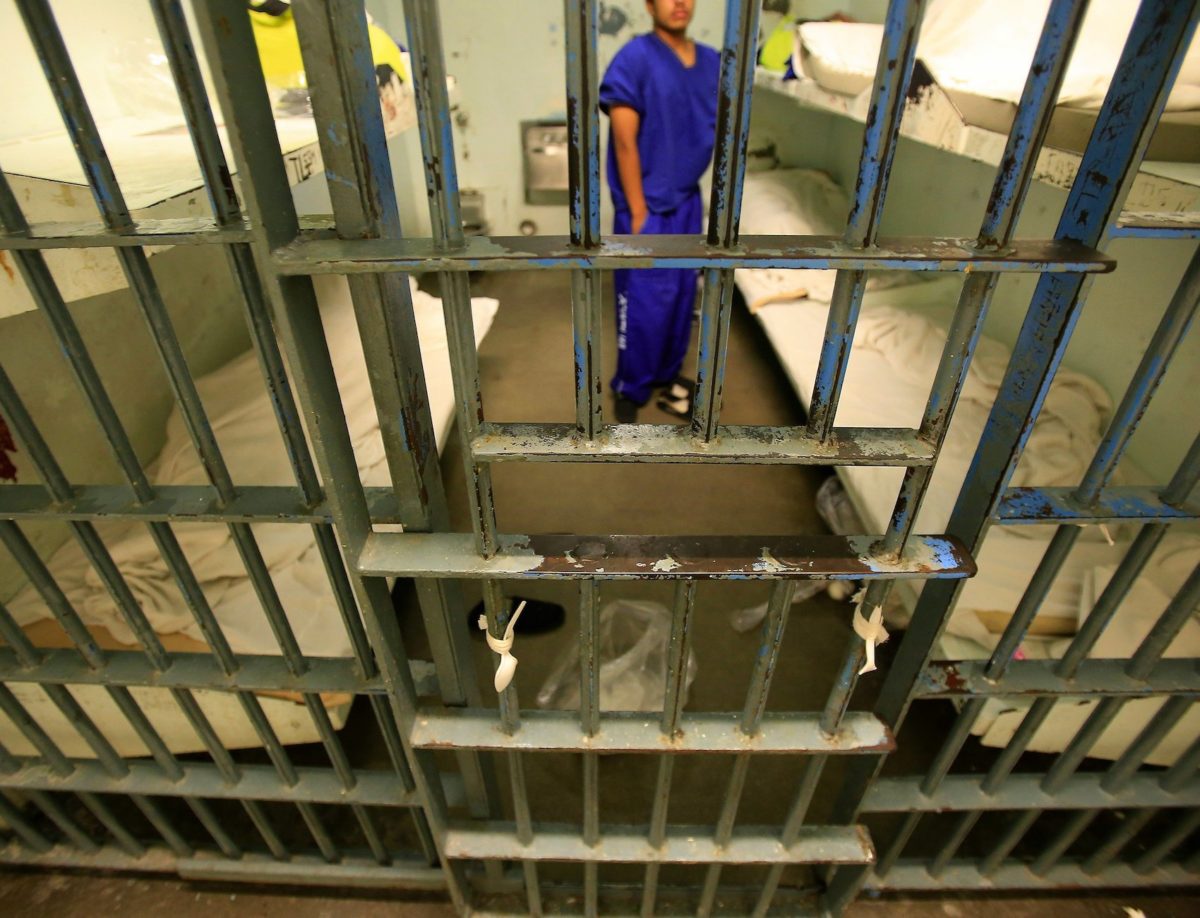
Closing California Courts Won’t Prevent A COVID-19 Crisis in Jails
Los Angeles County judges must move quickly to release a broad group of people in custody.
